Rusty Reid weaves an uncanny symphony around the tale of a lost, dying cowboy embracing and dwelling in loneliness in an isolated place. His project “Rio Frio” was initially intended for a “rock opera” he was writing that revolved around the history of Texas and its fight for freedom. Moving forward through the process, the project narrowed down to this one soundtrack, “Rio Frio,” expressing the timeframe after Texas conquered its freedom from Mexico but before it became a part of the United States.

“Rusty Reid strings together threads of guitar-focused rhythms and country melodies into a mesh of sweet symphonies and bare emotions.”
“Rio Frio” excites you, while also presenting a cowboy’s melancholic chronicle of loneliness and longing for his sweetheart on a distant island. With his on-point tanglement of melodies and lyrics, Reid breathes life into the historical, philosophical narratives and turns them into actual serenity which are hard to resist.
From what we can gather from the lyrics, we can deduce that the cowboy is stuck in “Nueces Strip,” a piece of land where outlaws used to reside long ago. Caught in a near-death situation, the cowboy is ‘slowly dying’ and thinking about his sweetheart, who is hundreds of miles away, and at the same time hopes that she might be thinking of him as well. He finds some kind of uneasy peace with this thought. Everything just complements each other without a flaw.
Disclosing his adventurous journey through the ups and downs of life and taking you through a rollercoaster of emotions and melodies, Rusty Reid shares the story of his musical voyage.
1. “Rio Frio” is a unique and intriguing song with historical themes. Can you share more about the inspiration behind this track and the story it tells?
“Rio Frio” was the last song written for a projected “rock opera” based on the history of Texas. Alas, the previously written songs were not so good so the project was eventually abandoned. But “Rio Frio” remained as a stand-alone potential gem. It was intended to portray a time in history when Texas had won its independence from Mexico but before it joined the United States. There was a ten year period between 1836-1845 when it was its own nation: the Republic of Texas. Yet there was unsettled business with Mexico. Texas claimed land all the way south to the Rio Grande River, while Mexico insisted it ruled all the way north to the Nueces River. Within this contested area, the Nueces Strip, was no-man’s land, and that’s where the “cowboy” in the song, actually probably an outlaw, finds himself along the banks of a Nueces River tributary, the Frio River, or Rio Frio in Spanish.
2. How does it feel to have such a response from your audience, and what do you think resonates with them in this particular song?
Only a handful of people ever heard any of the songs from the opera, but after I had officially junked the project, I played “Rio Frio” for a few folks and they loved it. I would get requests for “that cowboy song.” I think I just happened to luckily put a few elements together that clicked. Even if you don’t know the historical back-story at all, the song’s lyrics are simple but somehow alluring and hint at something old and melancholy. “Everything’s quiet in Texas tonight.” “Stars are just stars tonight.” “Back in a different place and time.” “The cottonwoods quake, seeming to say: Cowboy, you’re dying too young.” I don’t think I consciously wrote any of those words… they just came upon me. Then the song is in a romantic time signature: 3/4 time, the same as a waltz, and the melody line is quite unique and in its own way old-timey. So all of these kind of sweetly dark and dreamy elements come togther in this song.
3. “Bayou Line” features re-recorded versions of some of your older songs. What motivated you to revisit these tracks, and how do the new recordings differ from the original demos?
Ha-ha, yeah the old demos were, let’s say, not ready for primetime, especially the very earliest, and “Rio Frio” was one of those. But these were songs I had affection for and felt I need to find time to do up properly. Modern technology made it feasible… and what a difference. In the old days, you had to go into a recording studio, and they were expensive, and you were on the clock… money disappearing with each passing minute, you were rushed to get the song recorded, and then mixed. Plus you were limited by the quality of your players and performances, the studio itself and whoever was in control of that. I listen back to those old tapes and it’s a wonder we got as good of a sound as we did… but still, sonically they were not fully presentable. Nowadays I can create, practice and record at home, on my own time and leisure, and enlist great players from around the world. It turns out, of the 17 songs on “Bayou Line” most follow pretty closely to the original arrangements. “Rio Frio” is one of those. Probably the song on the album most different from the original is “Words Don’t Come Easy.”
4. In today’s music landscape, where genres are often narrowly defined, “Rio Frio” stands out as a unique piece. How important is it for you as an artist to explore diverse musical styles and narratives in your work?
I grew up on the Beatles, and they were always trying new things, never wanting to repeat themselves. Other acts of the 1960s were similar. Simon and Garfunkle immediately spring to my mind. So when I was struggling to learn how to write songs, I thought that’s what you should do. Keep trying things very different from each other. The converse of that approach is AC/DC who when accused of putting out the same album ten times, strenuously objected, claiming, “You are wrong! We’ve put out the same album eleven times!” Alas, as it turns out, especially in this era of extremely fragmented channelization, homing in on a certain stylistic approach is almost mandatory. Fans want to hear the same-same. That is nothing new, actually. It’s the way the entertainment biz has always worked… except for that narrow window of time when a diverse approach was very much encouraged and appreciated. The songs on “Bayou Line” are all over the map, genre-wise. And nothing much has changed with my approach. These days, that probably pretty much guarantees lack of commercial success. Since my ship to fame and fotune sailed away without me long ago, I don’t care any more. I’m just doing what I want to do, and what feels right and authentic.
5. Looking ahead, what can your fans and new listeners expect from your upcoming projects, especially considering the diverse material you mentioned is on the horizon?
Unless I fall off a cliff (which is possible on some of these hikes I’ve been undertaking recently), I’ve got a chock-full calendar of releases coming up for the next few years at least. “Rio Frio” is the last song to be promoted off “Bayou Line.” Next I’ll turn my attention to promoting two remixed, remastered and re-released, politically charged singles: “The United States of Selfishness” and “American Villain.” Those are hard-hitting doozies. I’m also remixing my album “Head to Heart.” This album, which I consider my “opus” so to speak, is coming up on its fifth anniversary, and I wanted to get it sounding better than the first version. Then, speaking of those old tapes, I’m going to release an album of recordings from my old Houston band, the Unreasonables. Similar to “Bayou Line,” it will be a retrospective, but unlike the current album it will not be sparkling re-recordings, but the old band, warts and all. Again, these are songs that I have affection for, and being later recordings are at least in the ballpark of sonic acceptability. Then, I have an almost finished album comprised entirely of cover tunes. That has been a fun project to work on. Can’t say much more about it yet, but it’s centered on a unique theme, and will easily be the most “commercial” album I will probably ever release. After that I have close to a double album of newer original material that is patiently waiting its turn. I’m itching to get fully back to my philosophic/spiritual songs. Once these retrospective and cover-tune projects are done and out there, it will be free sailing in that regard. Hopefully I can get out and play a few shows here and there, as well.
Catch A Muse Down Here:

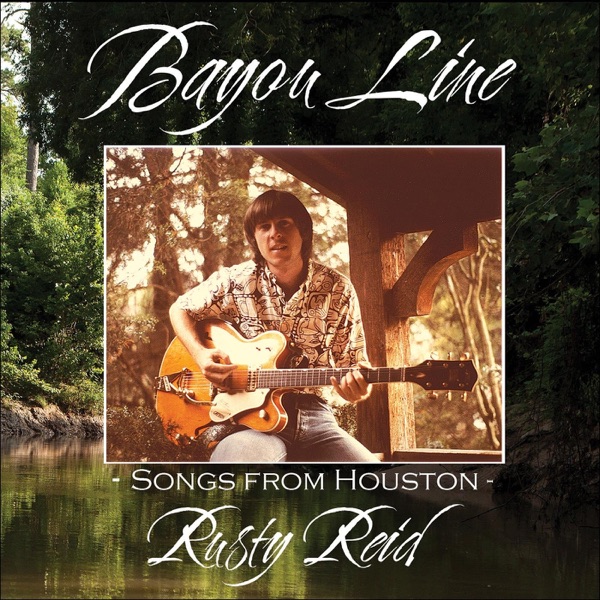
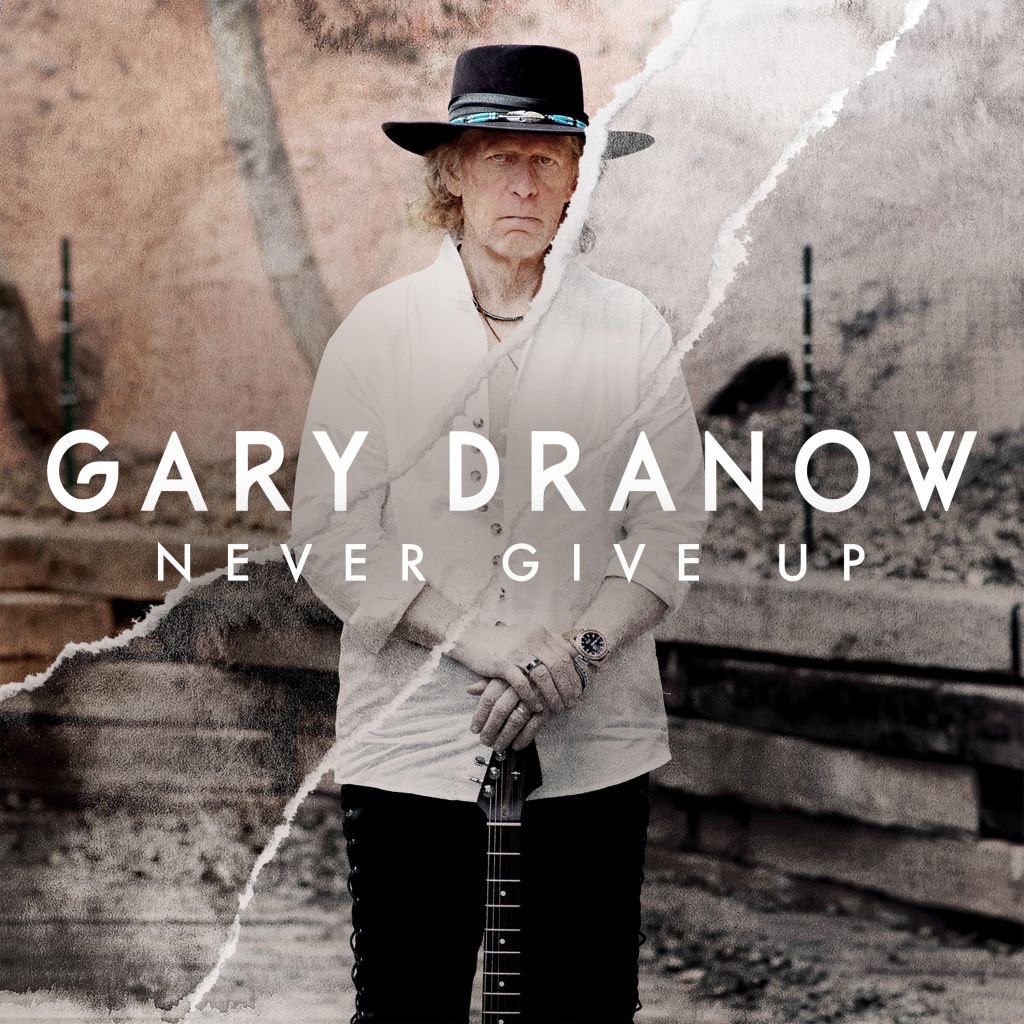

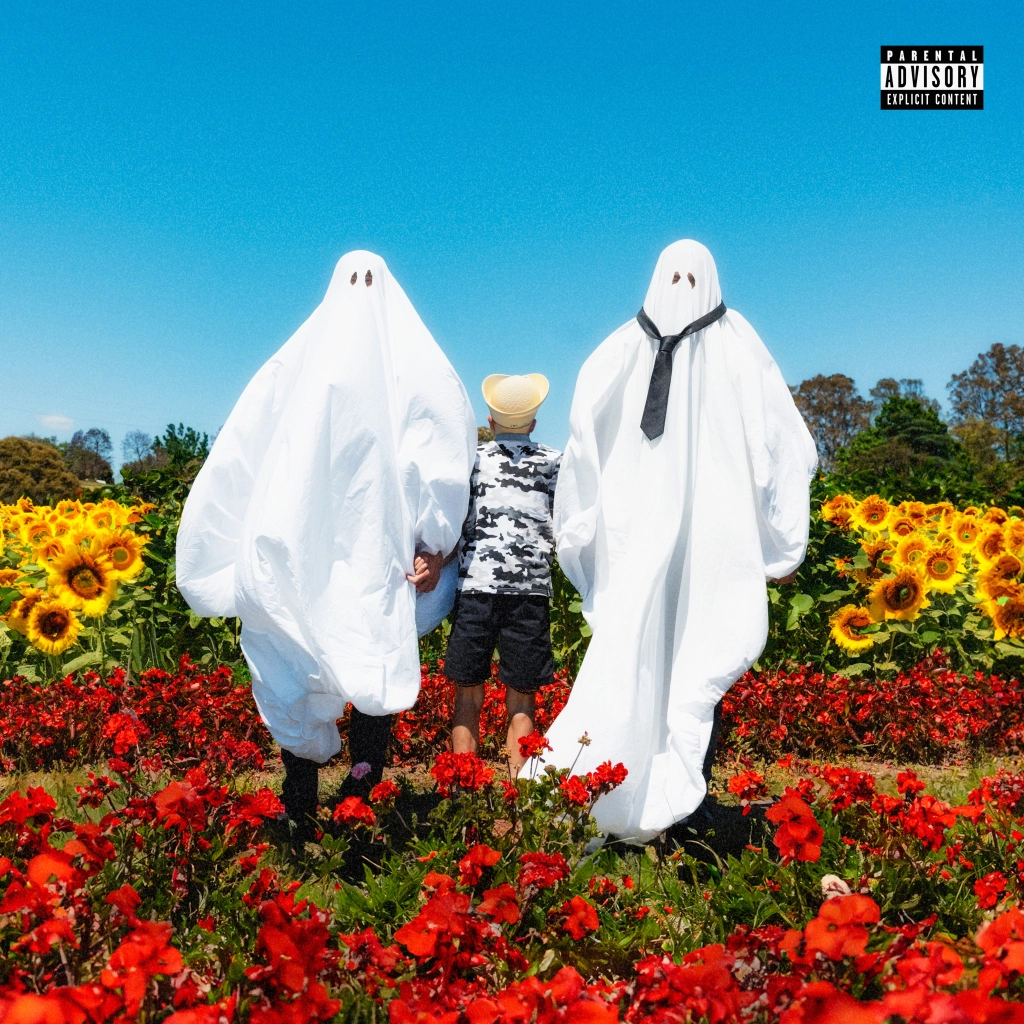
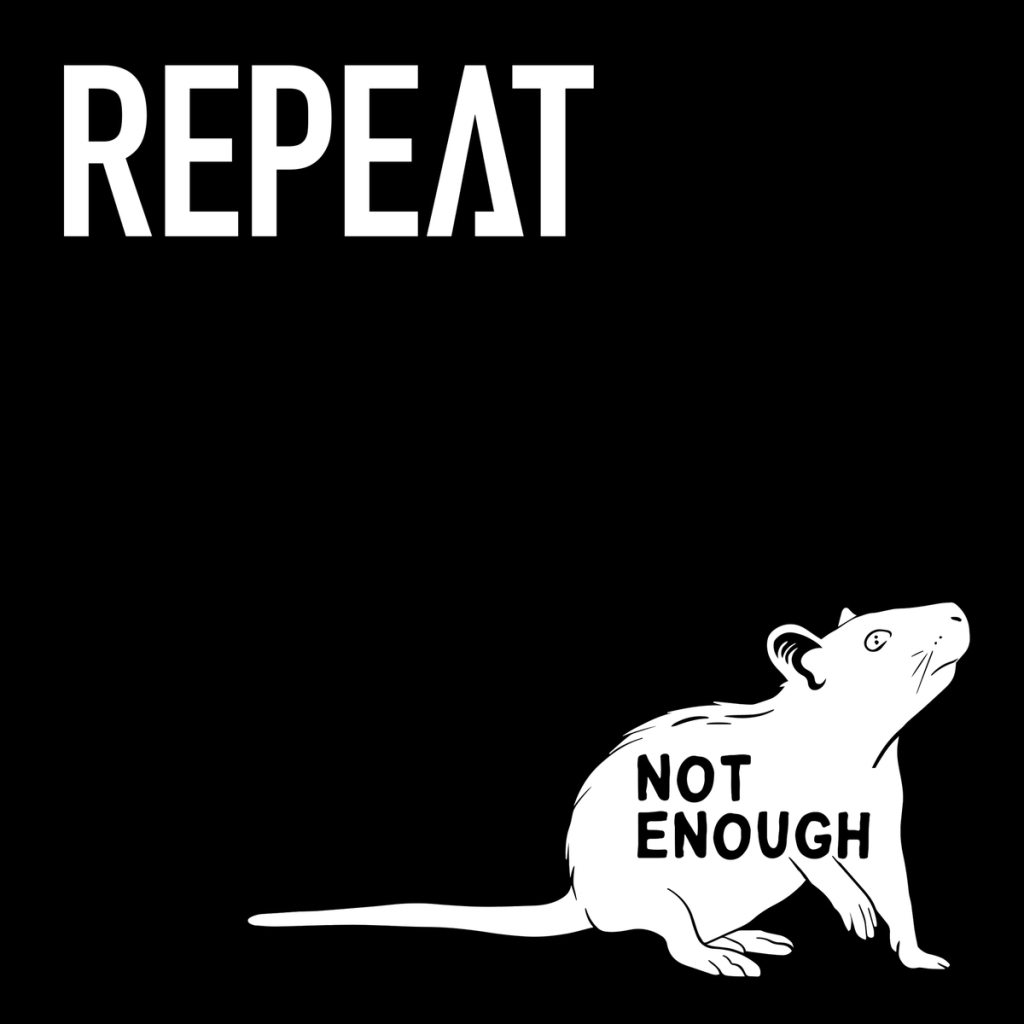
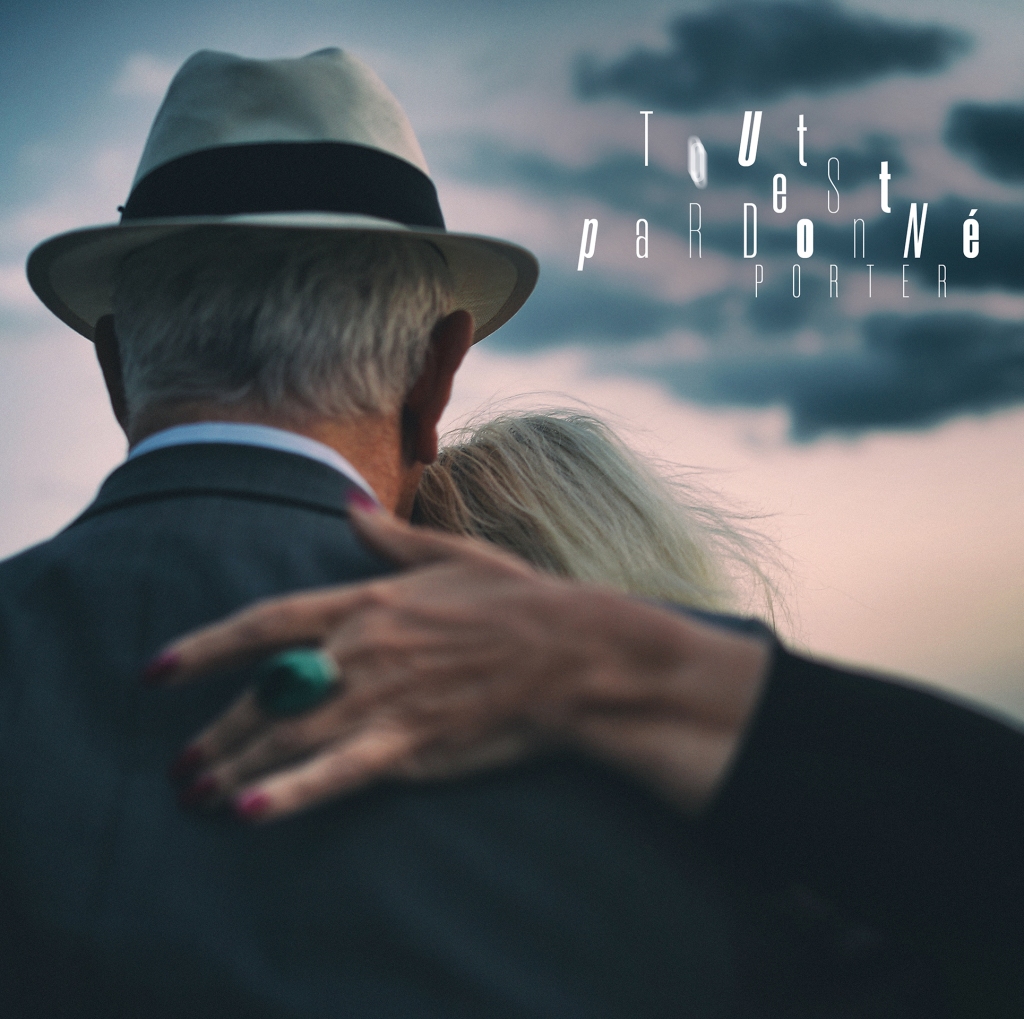
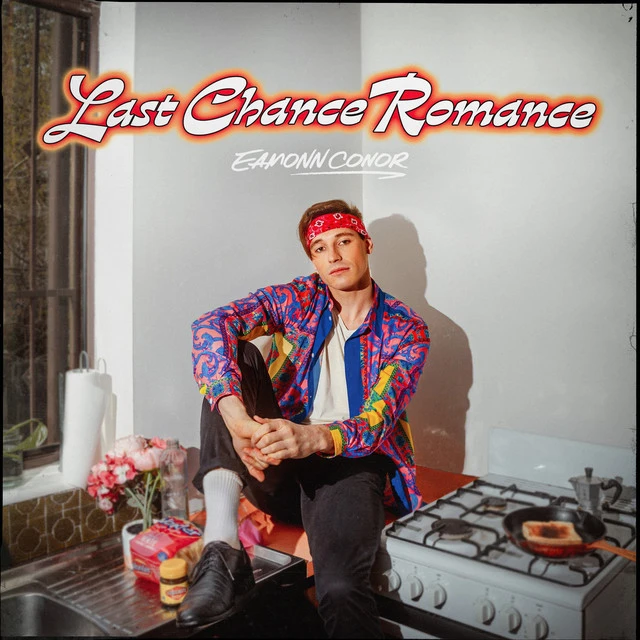
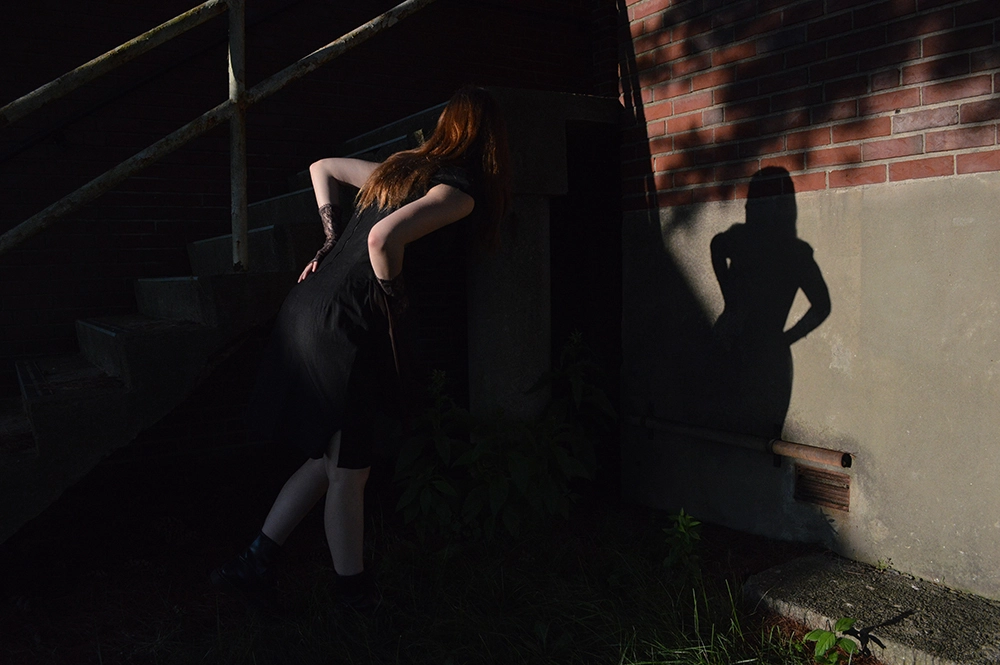
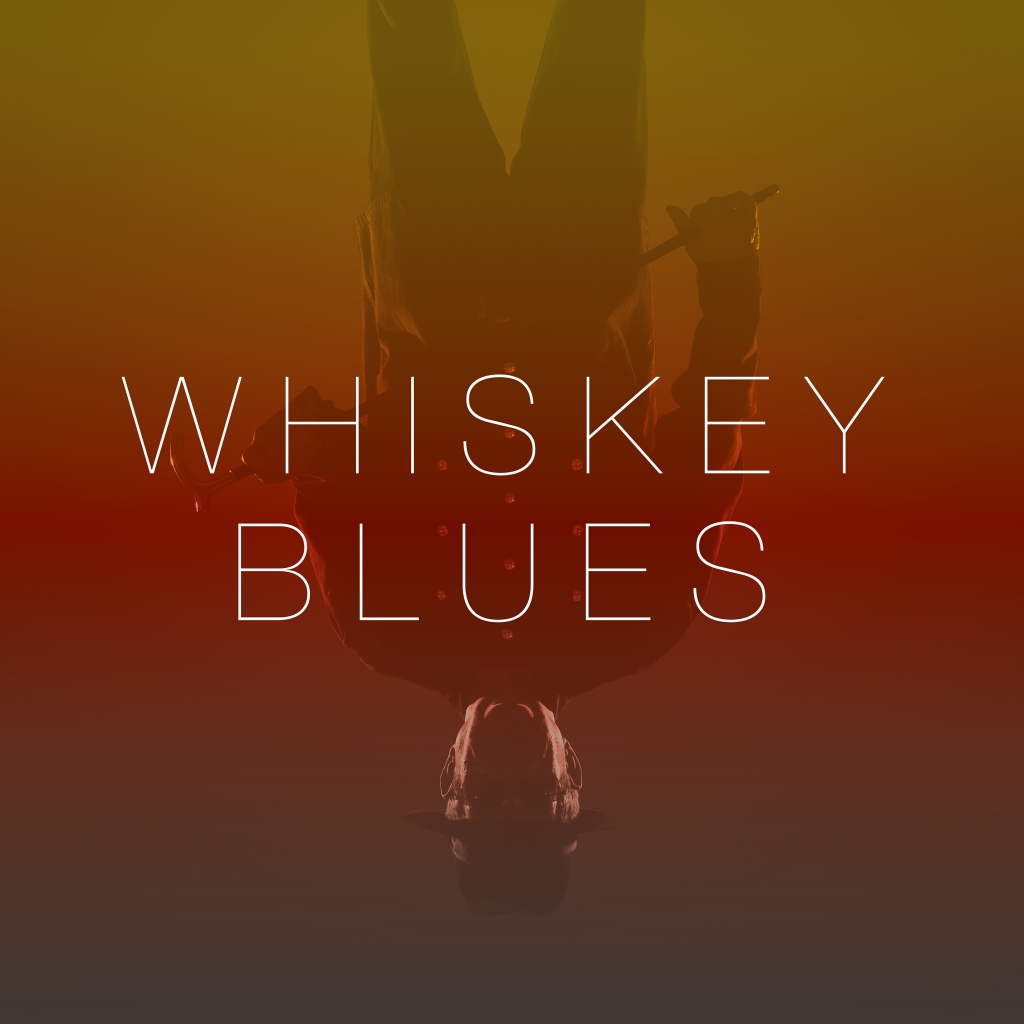
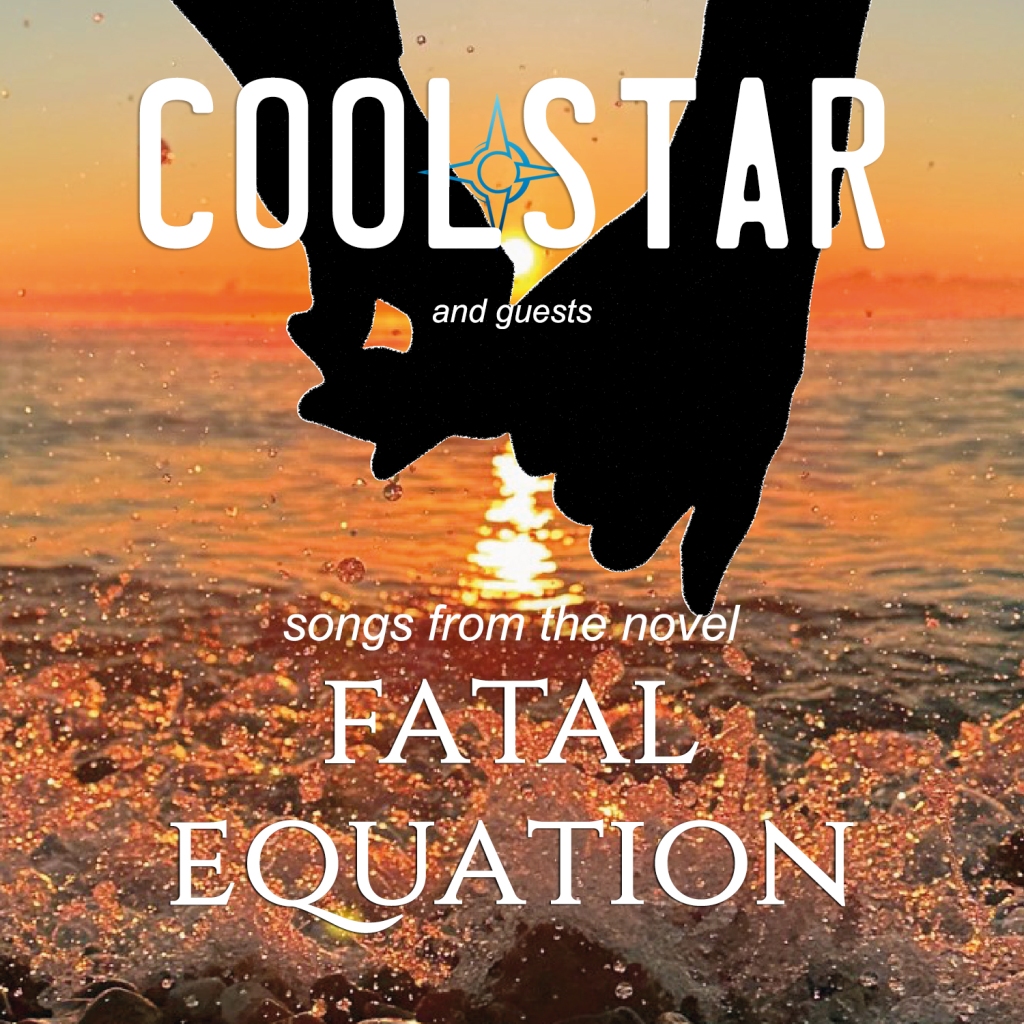

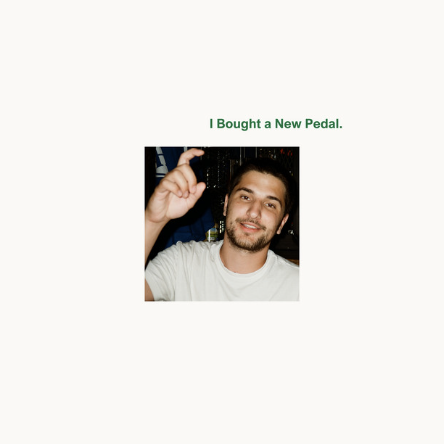
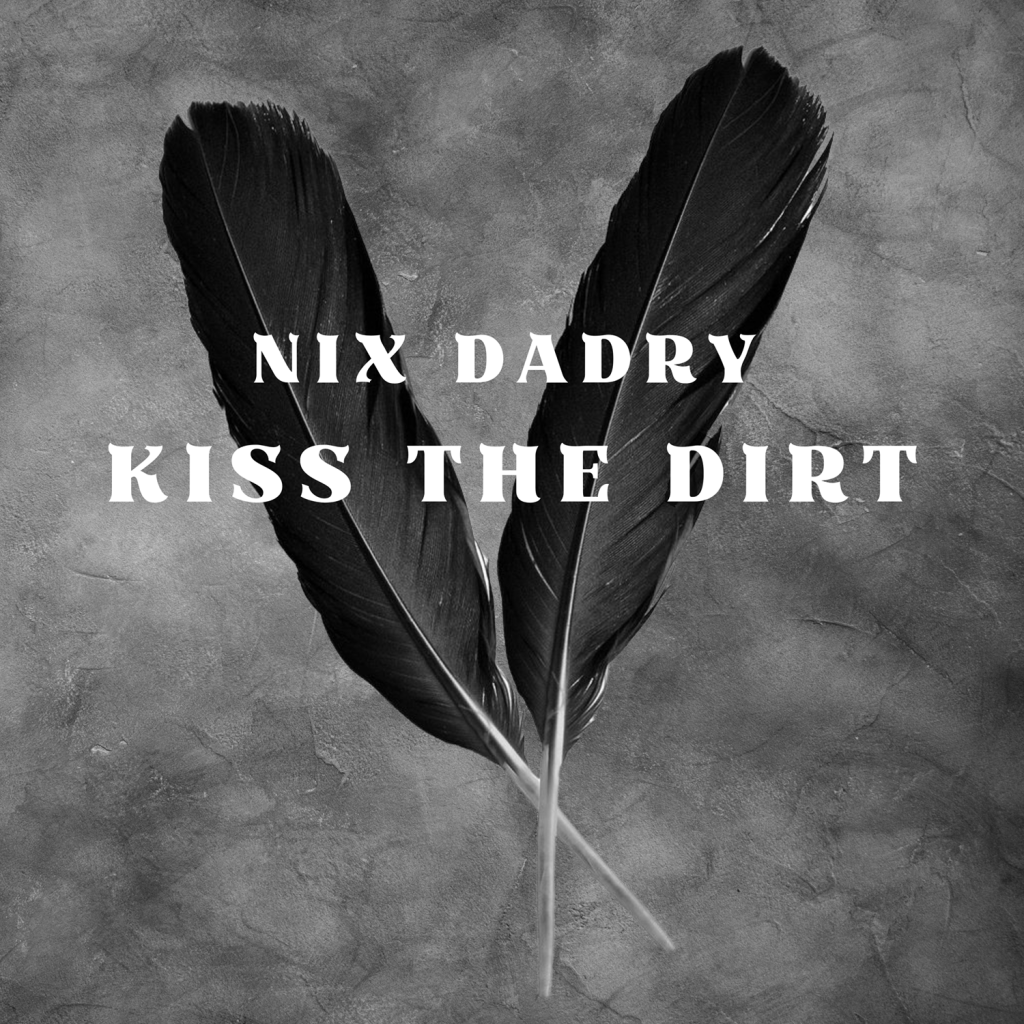
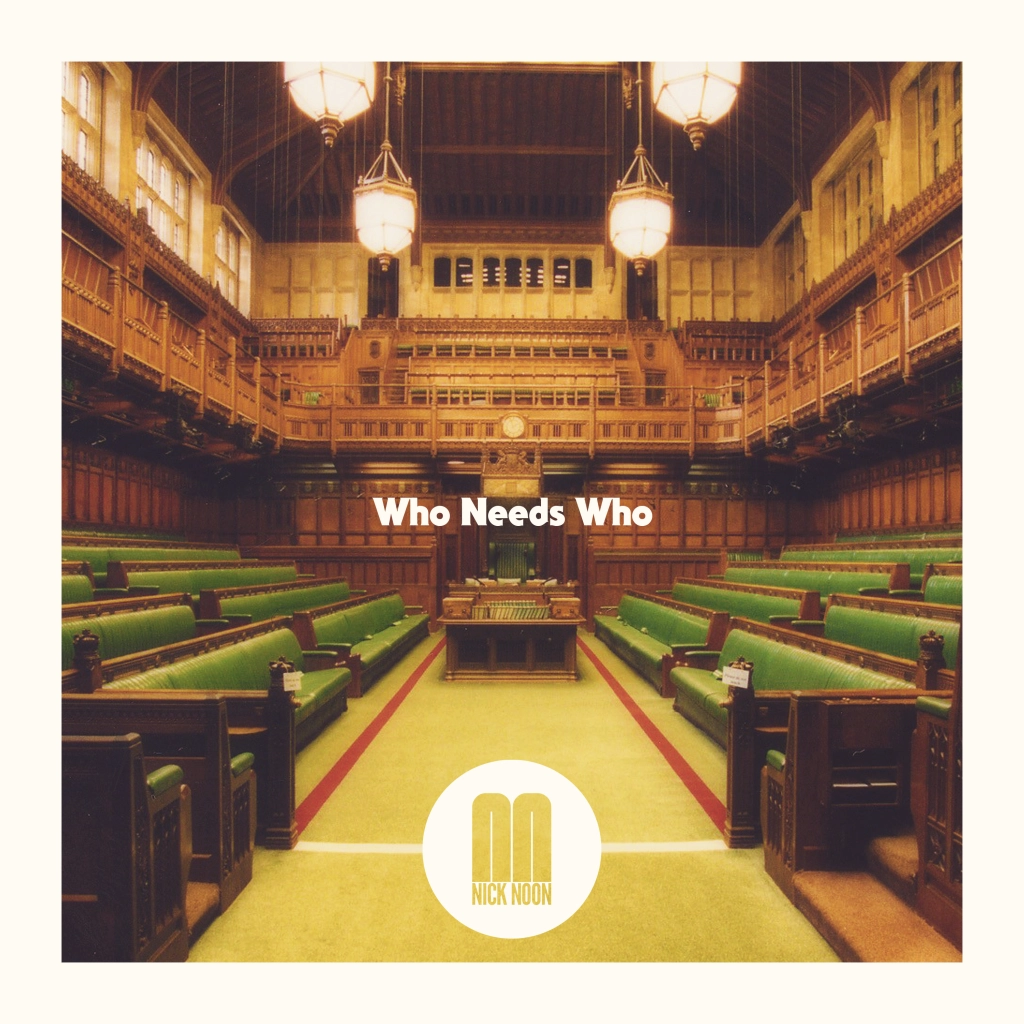

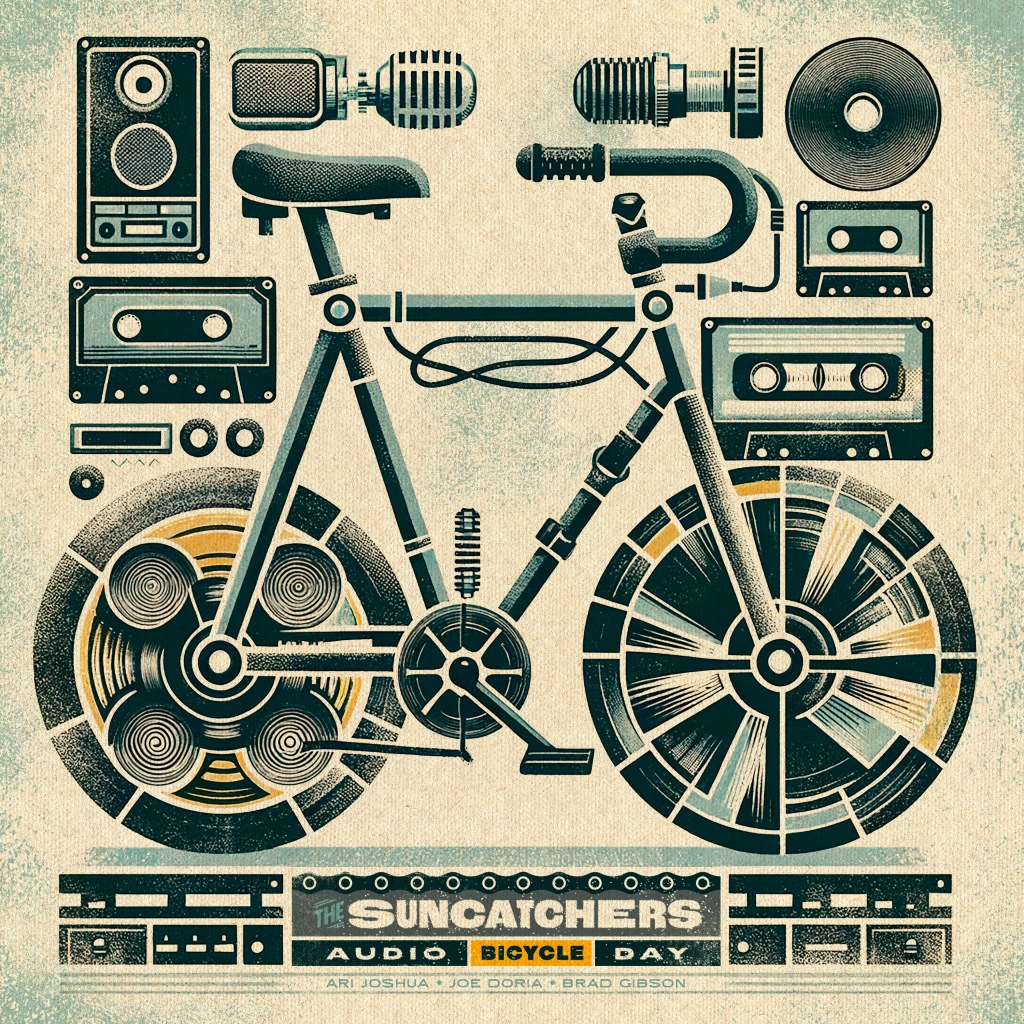
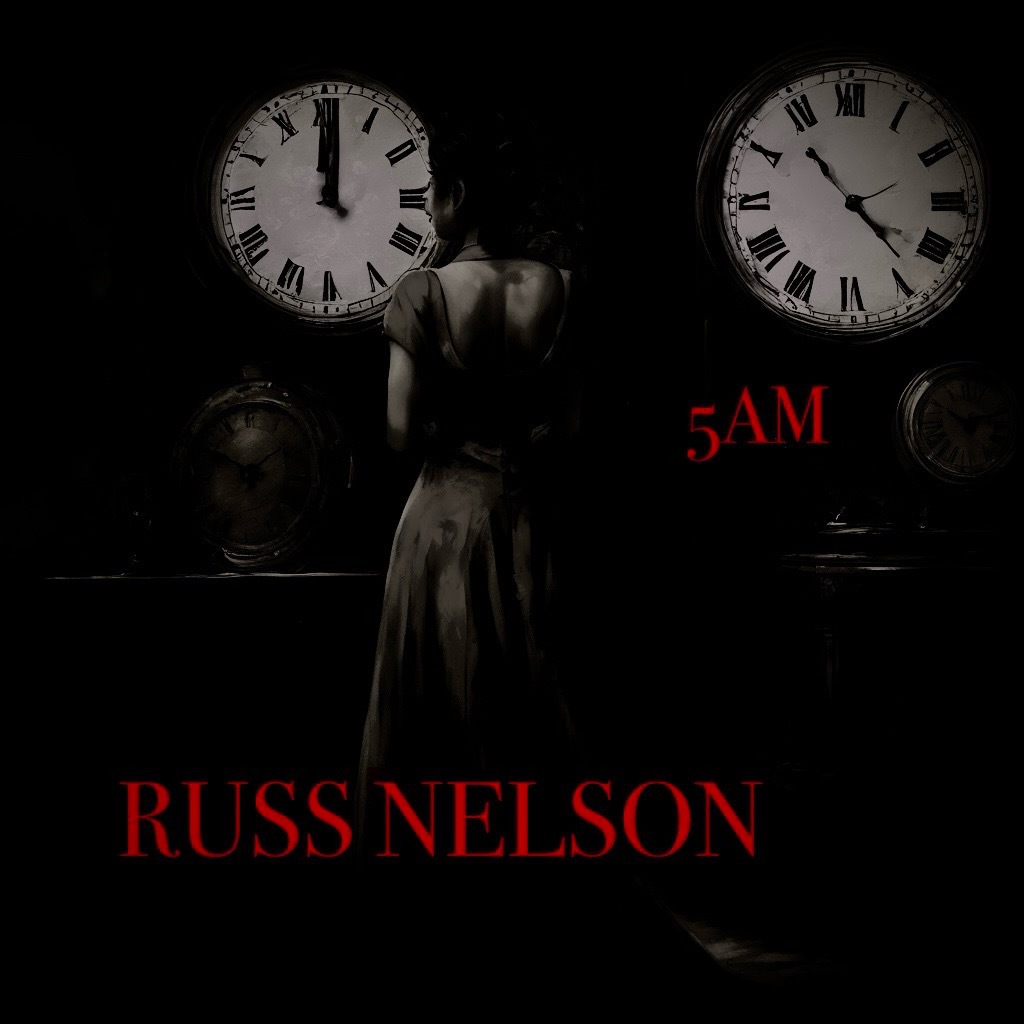

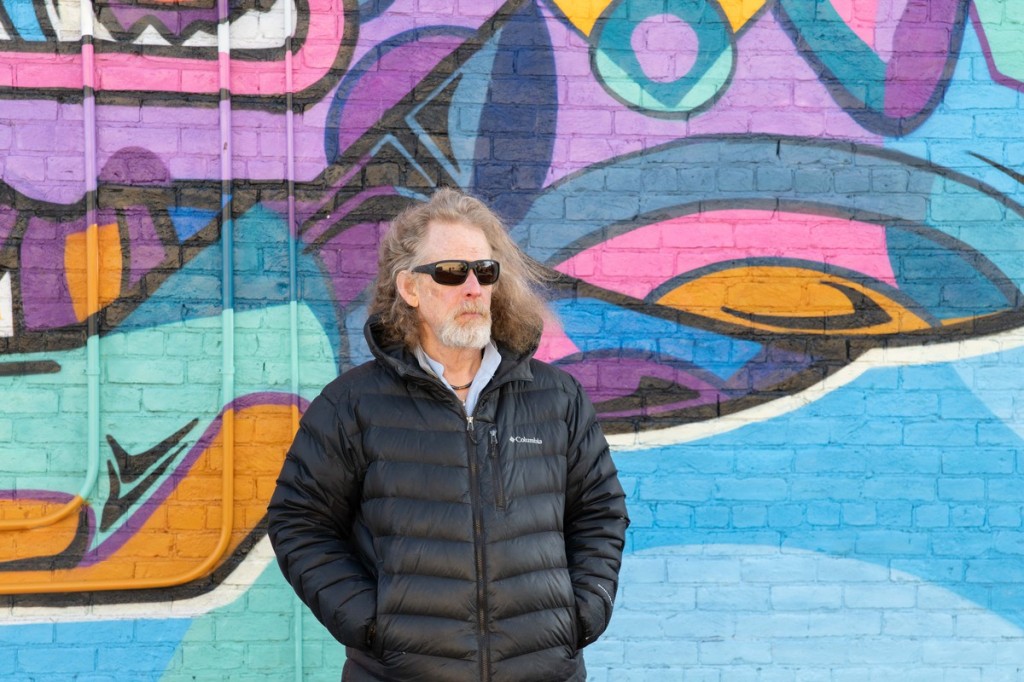
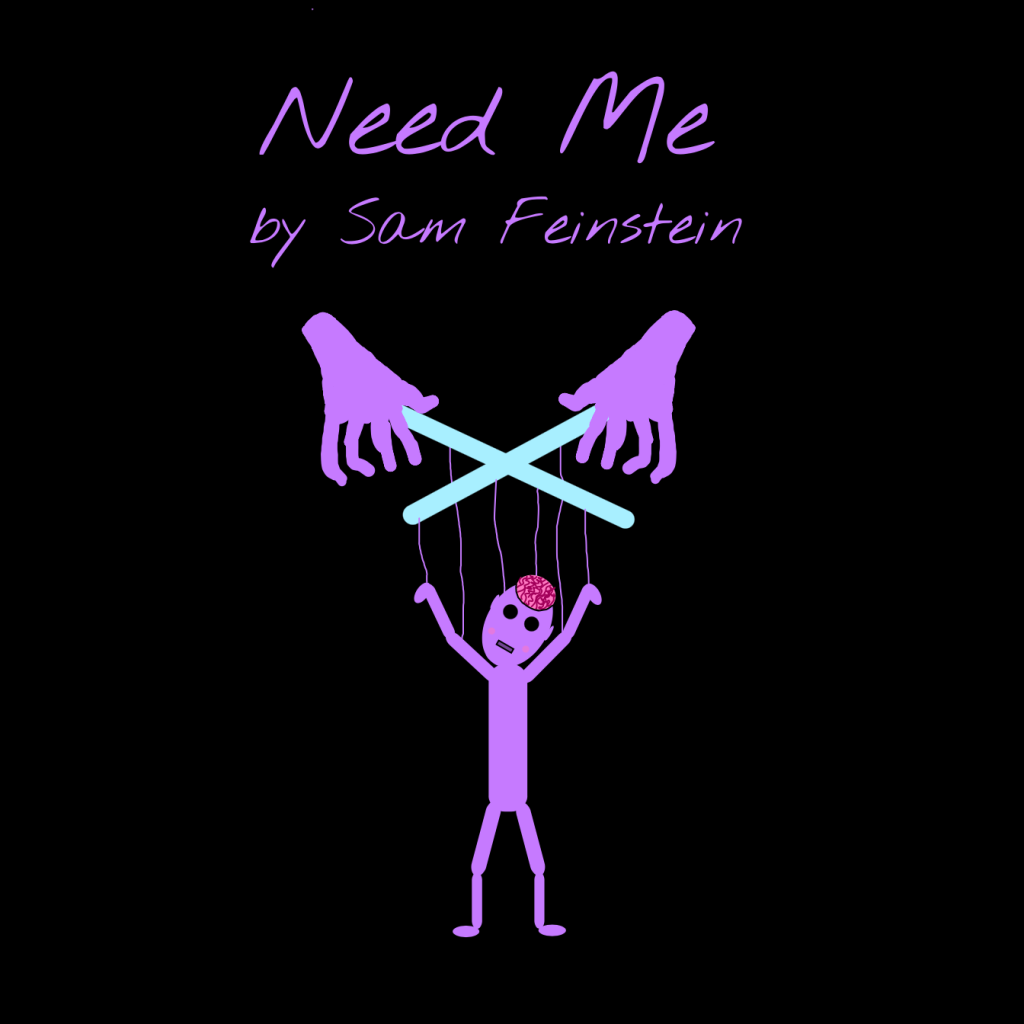
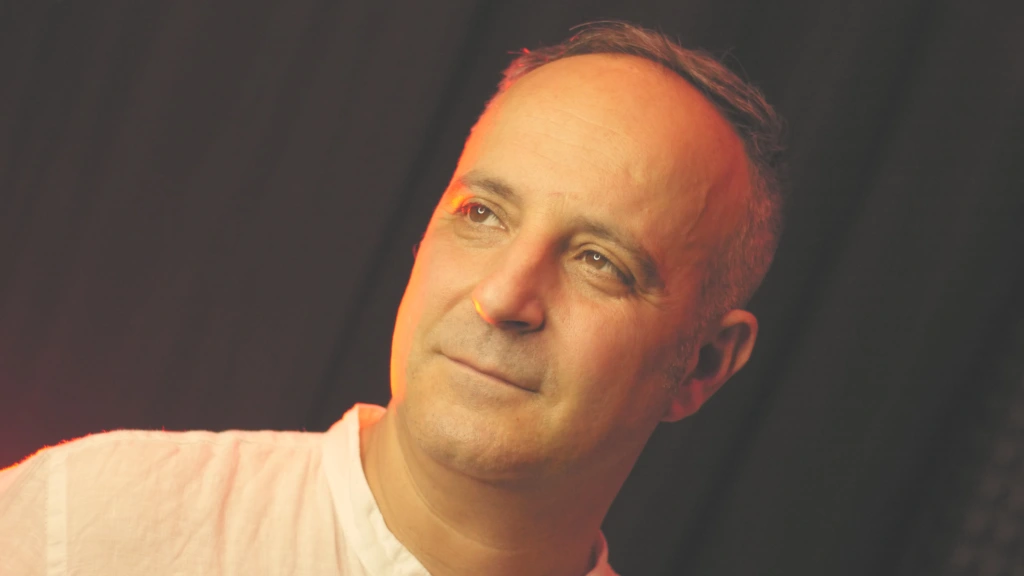

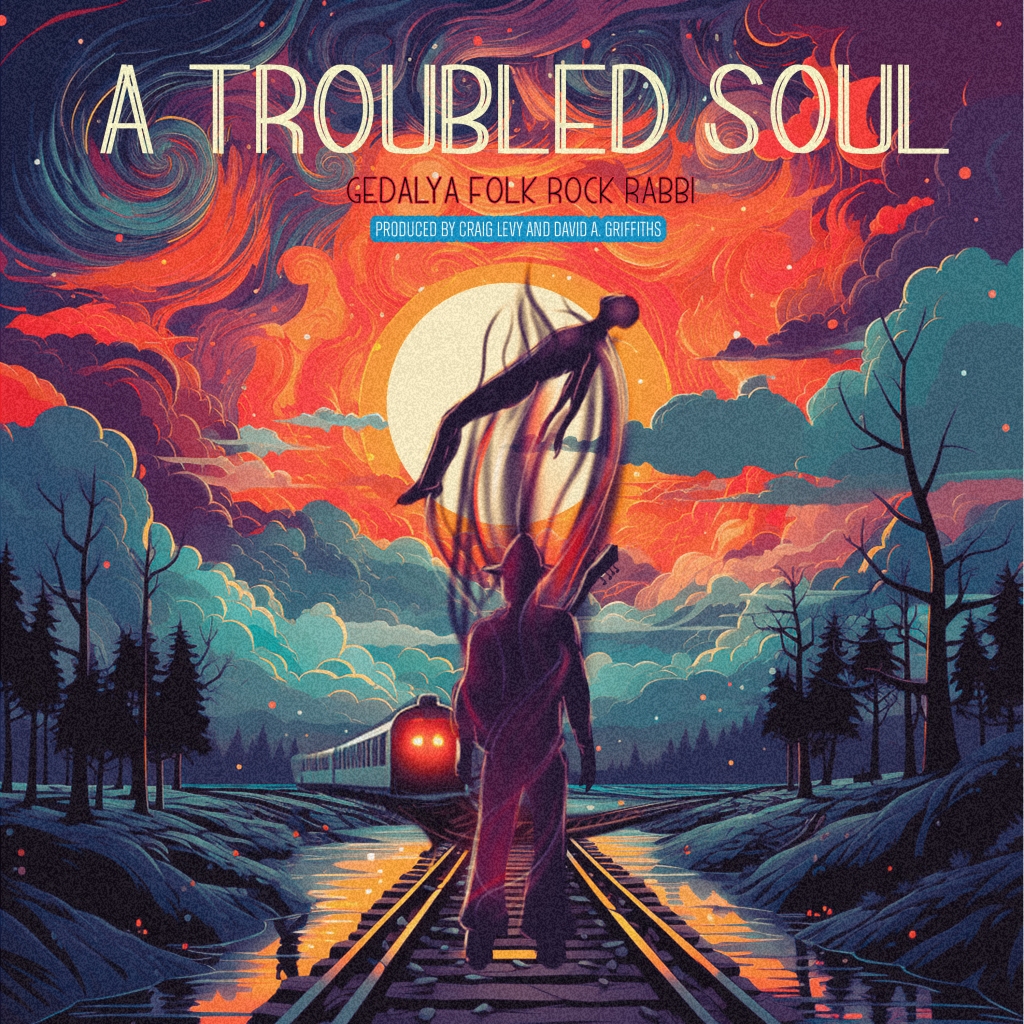
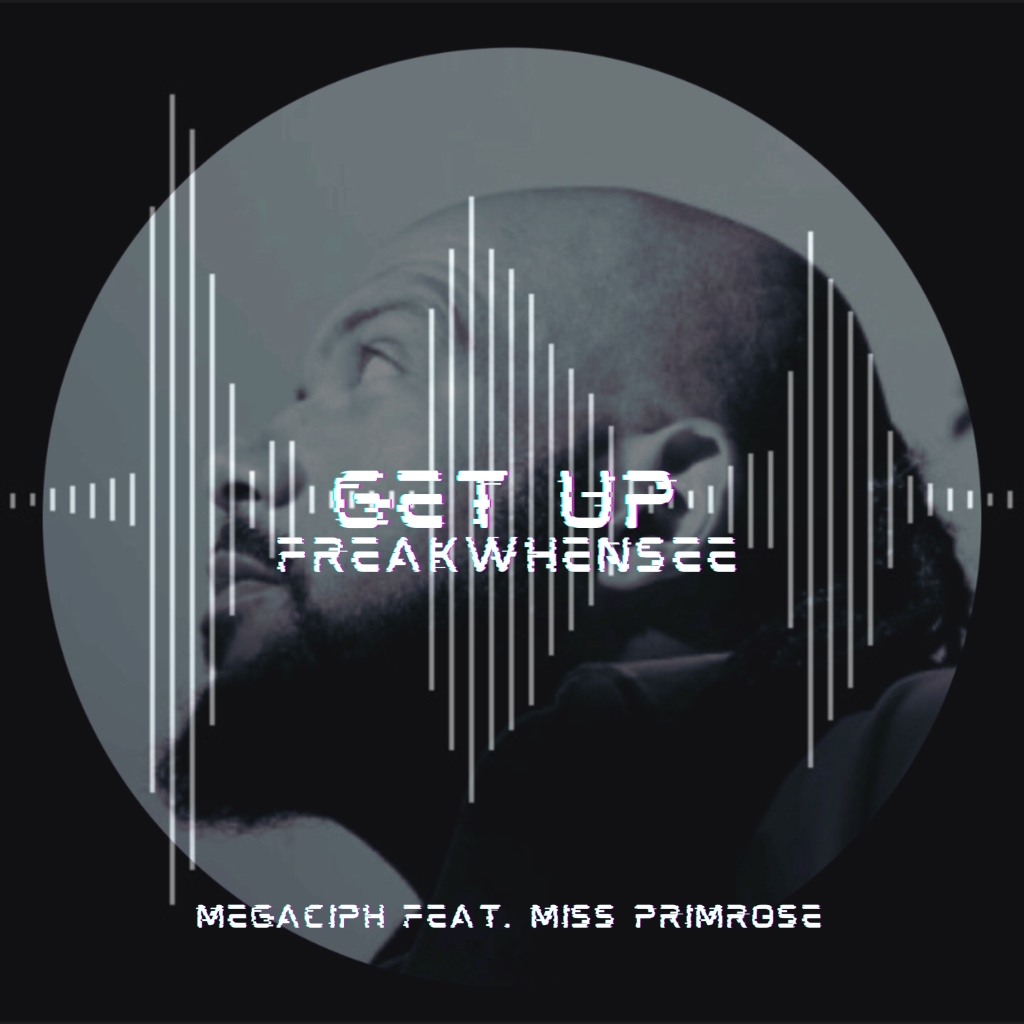


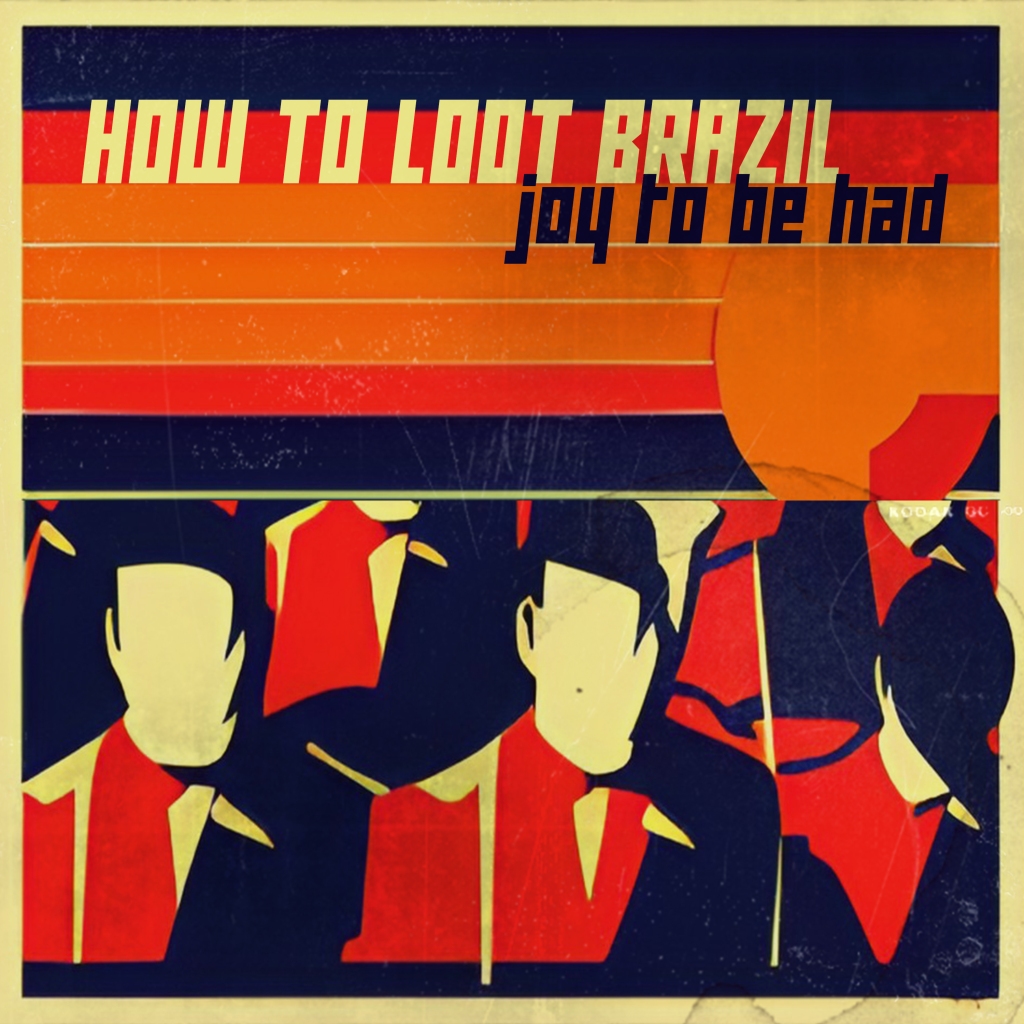
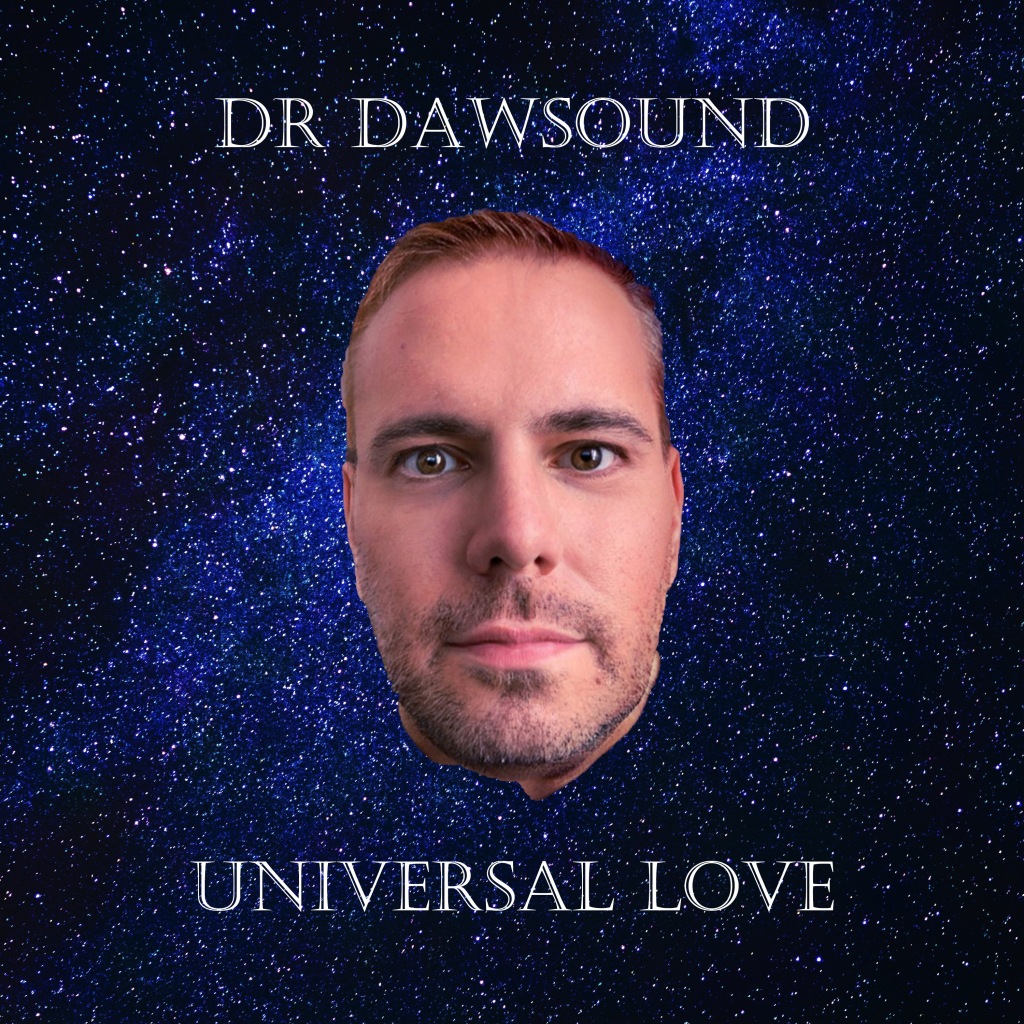
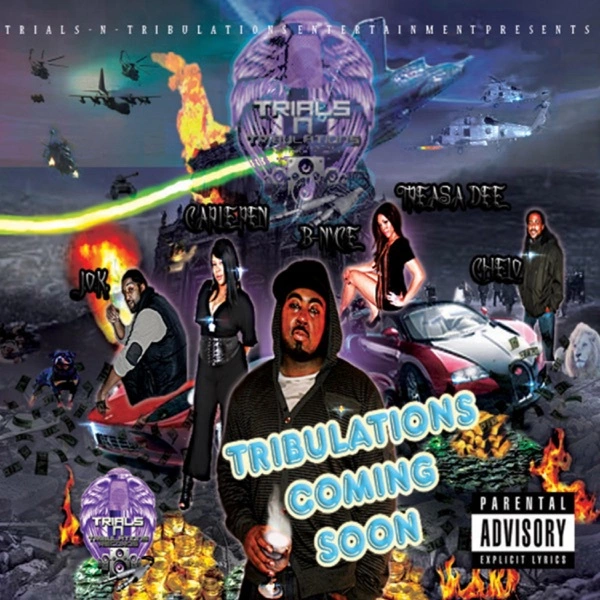
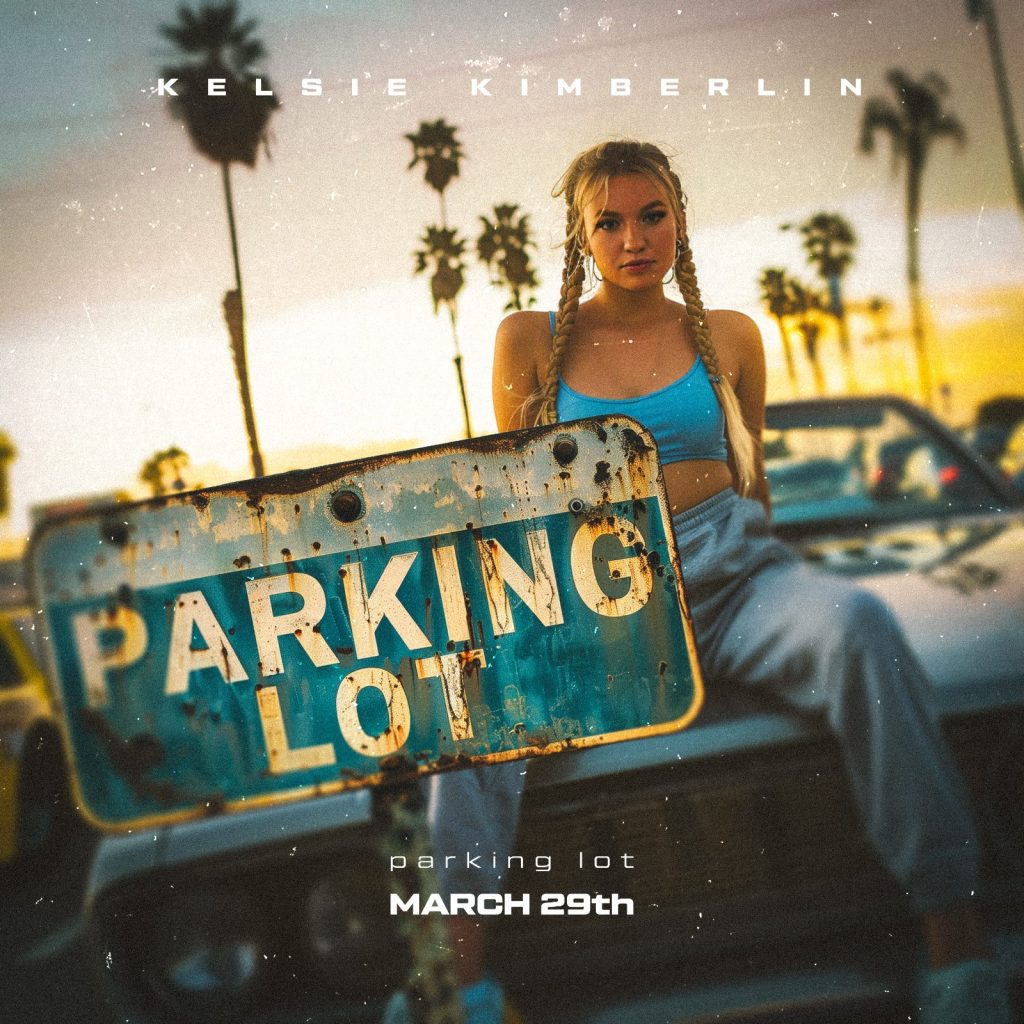

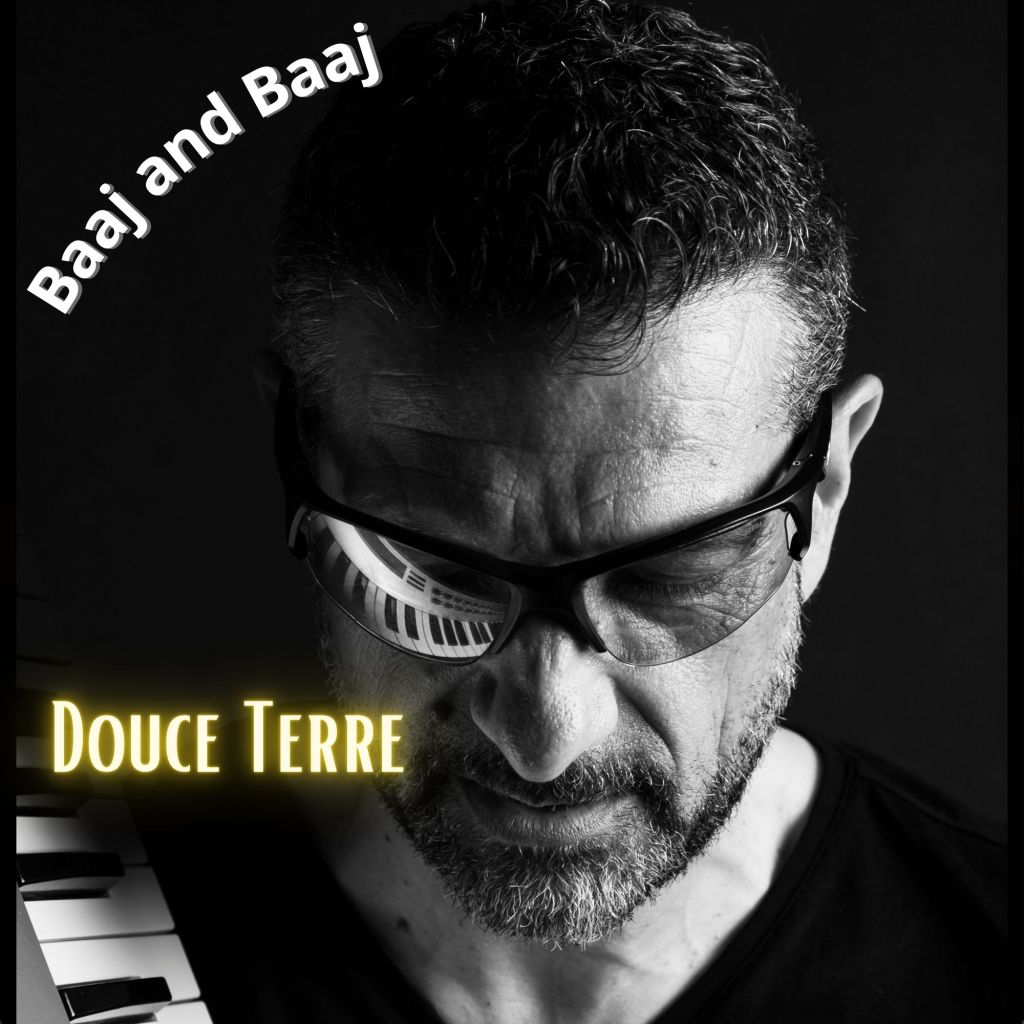
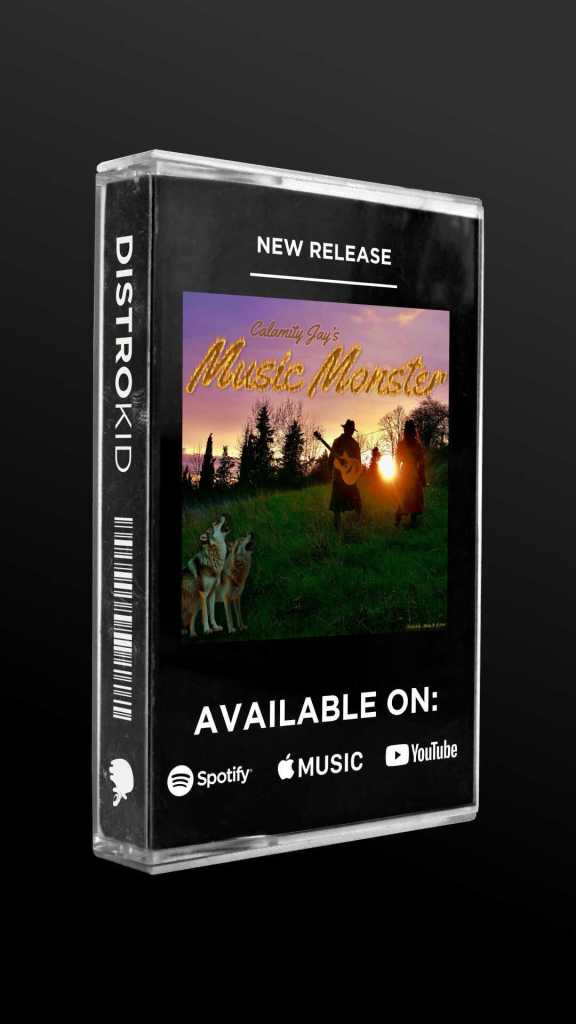
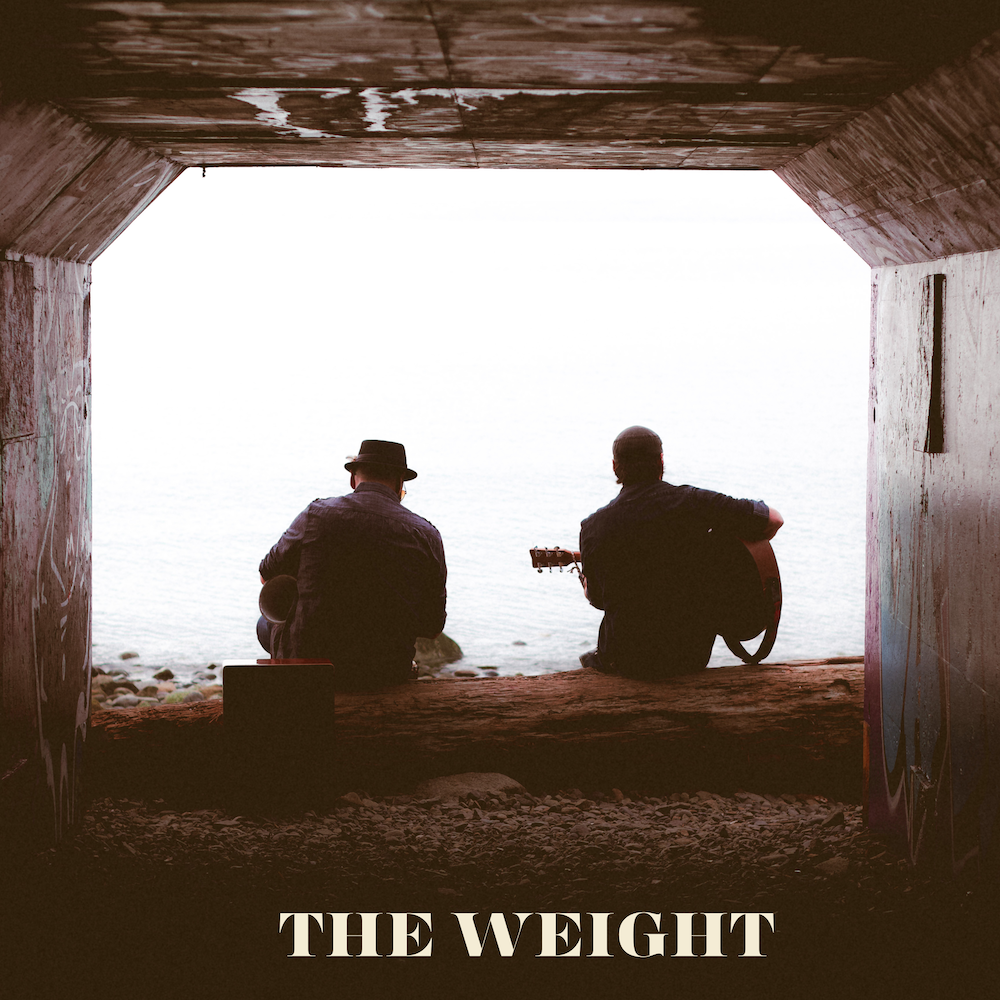

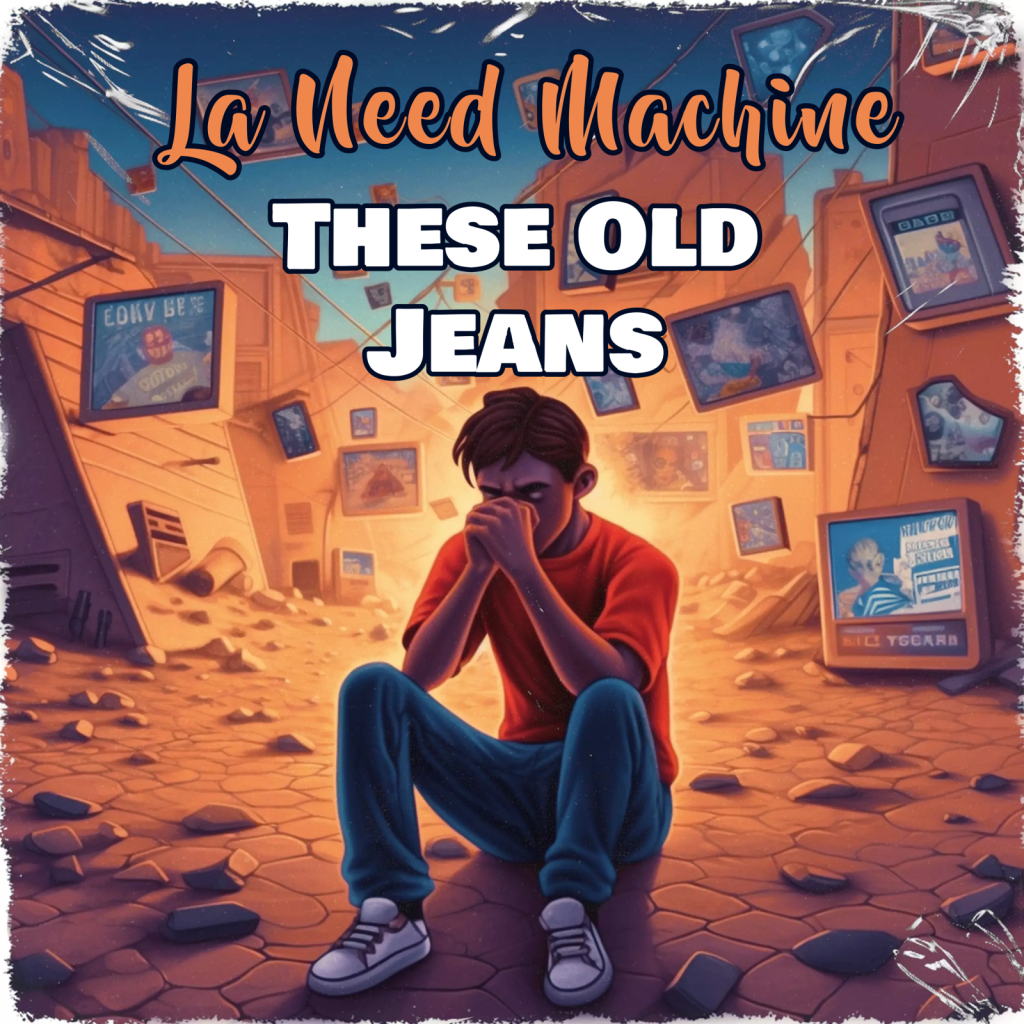

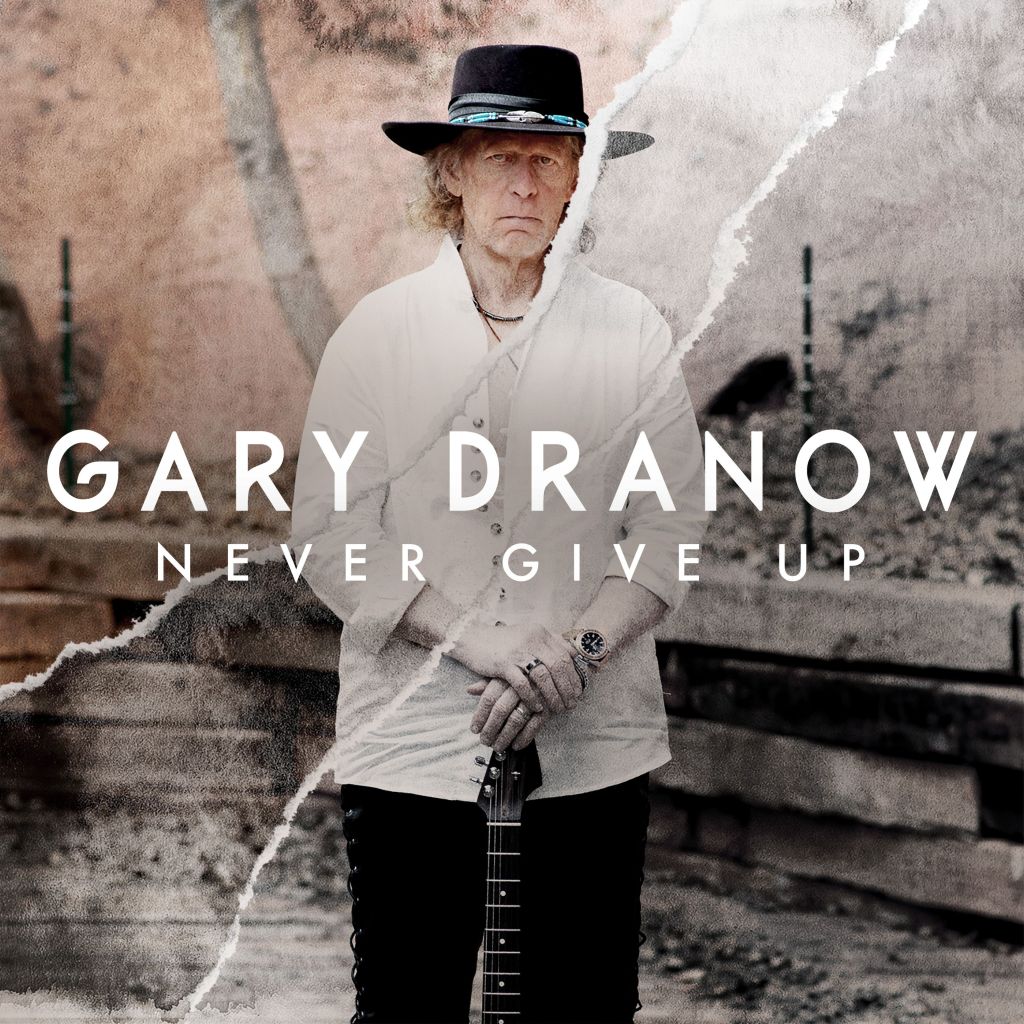
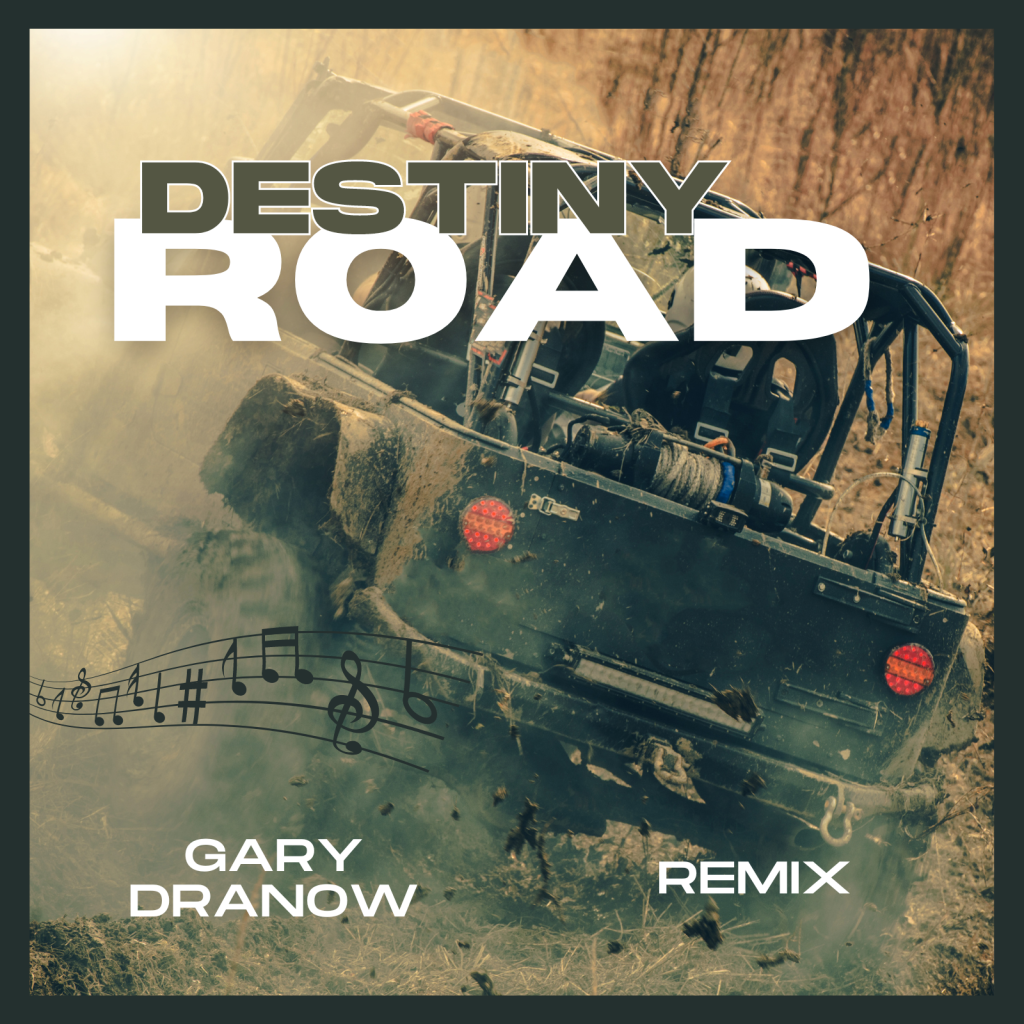
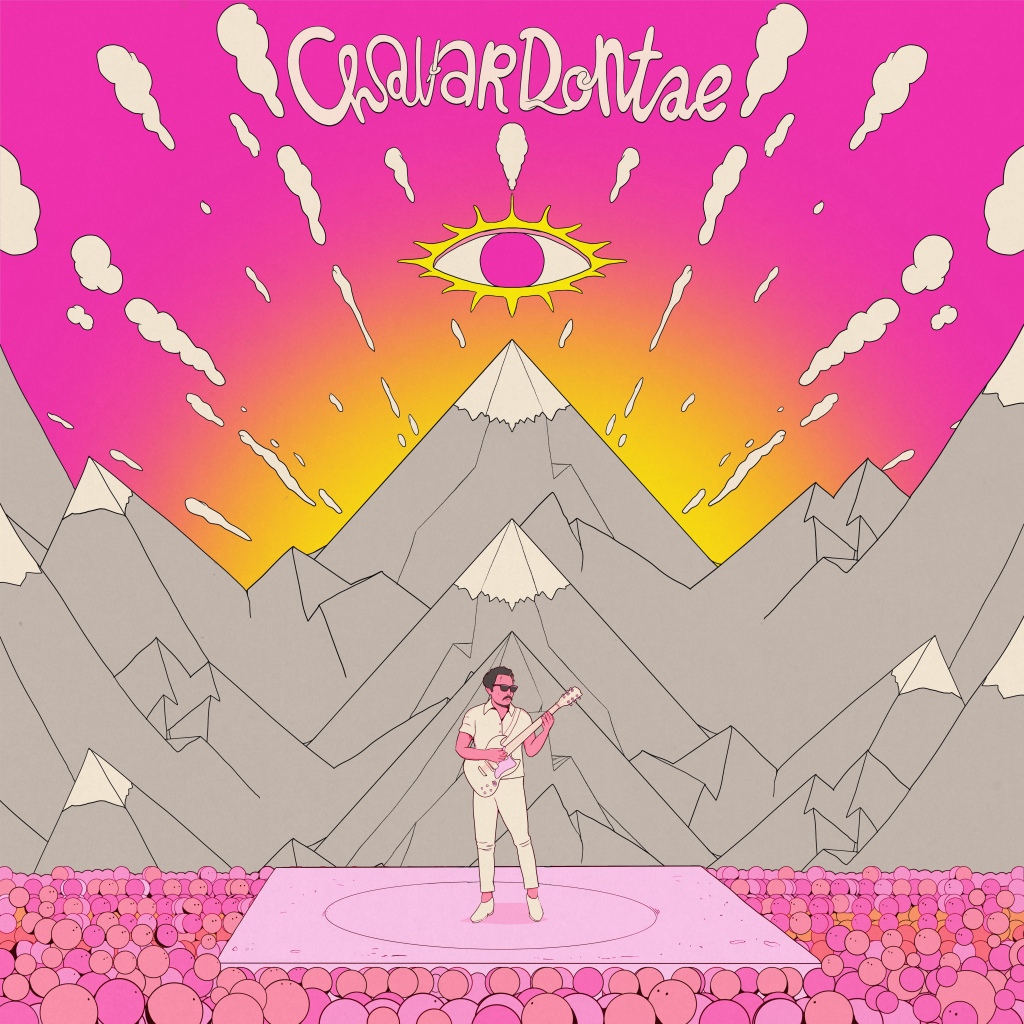
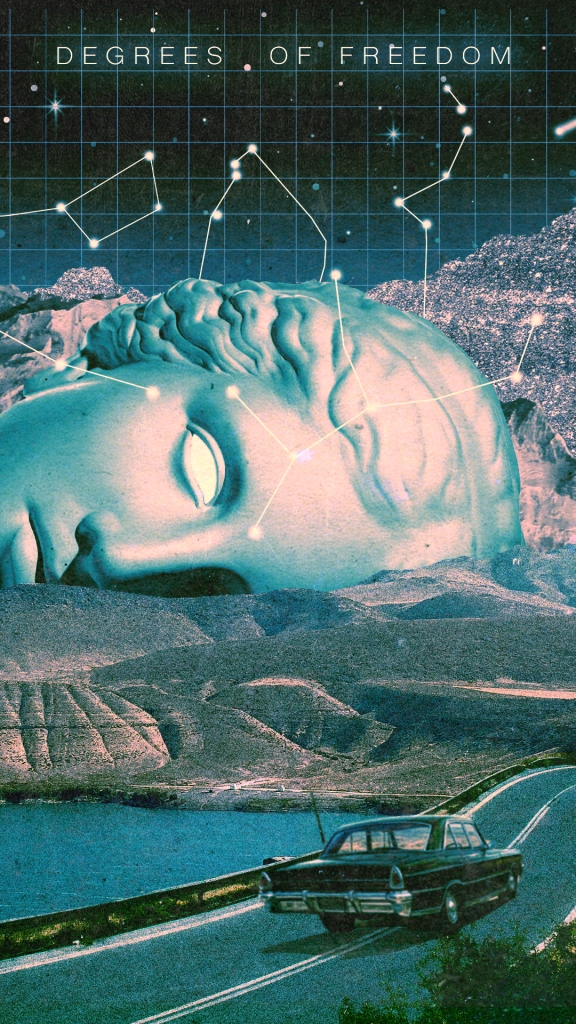

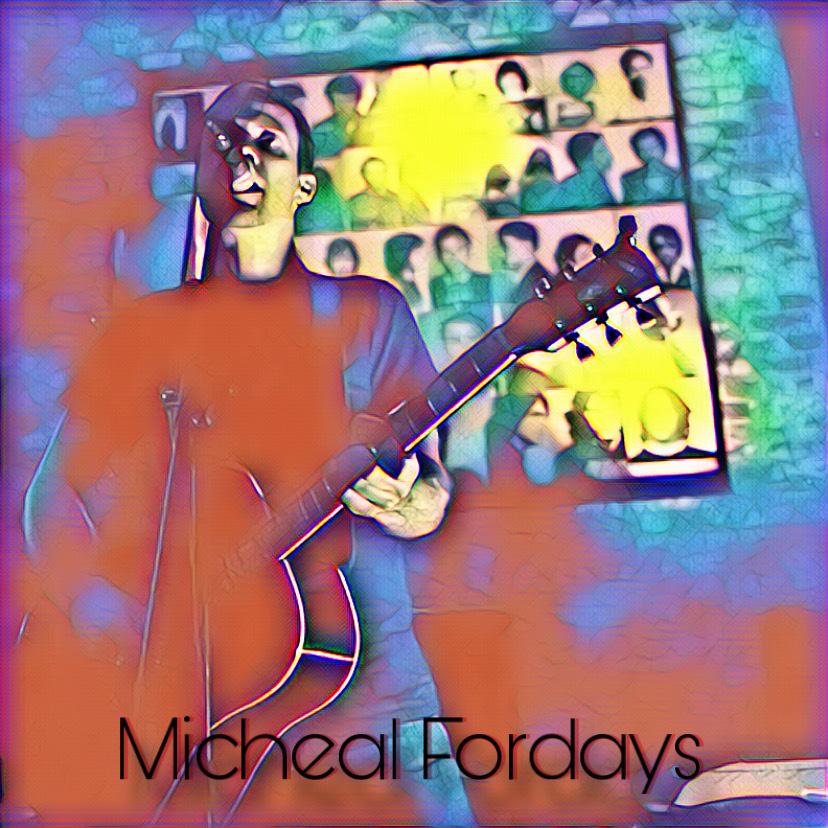
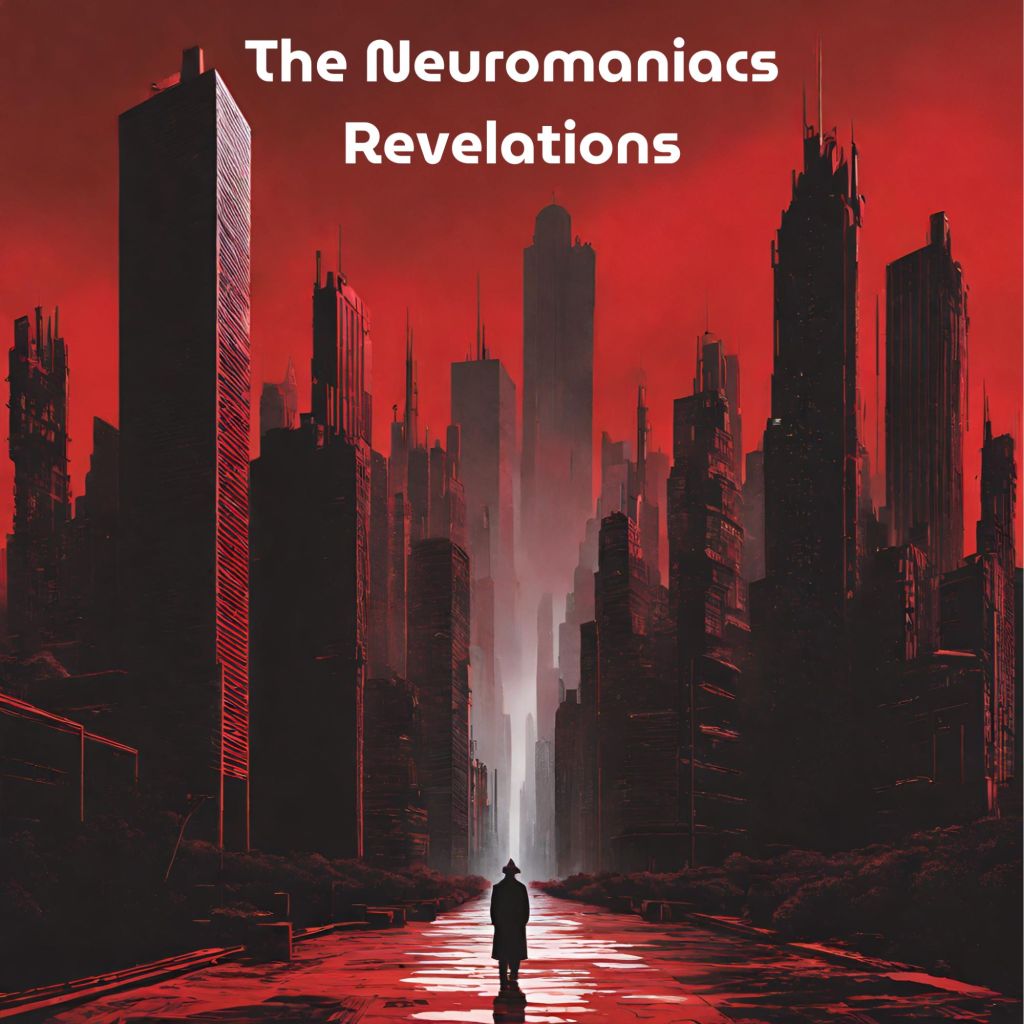

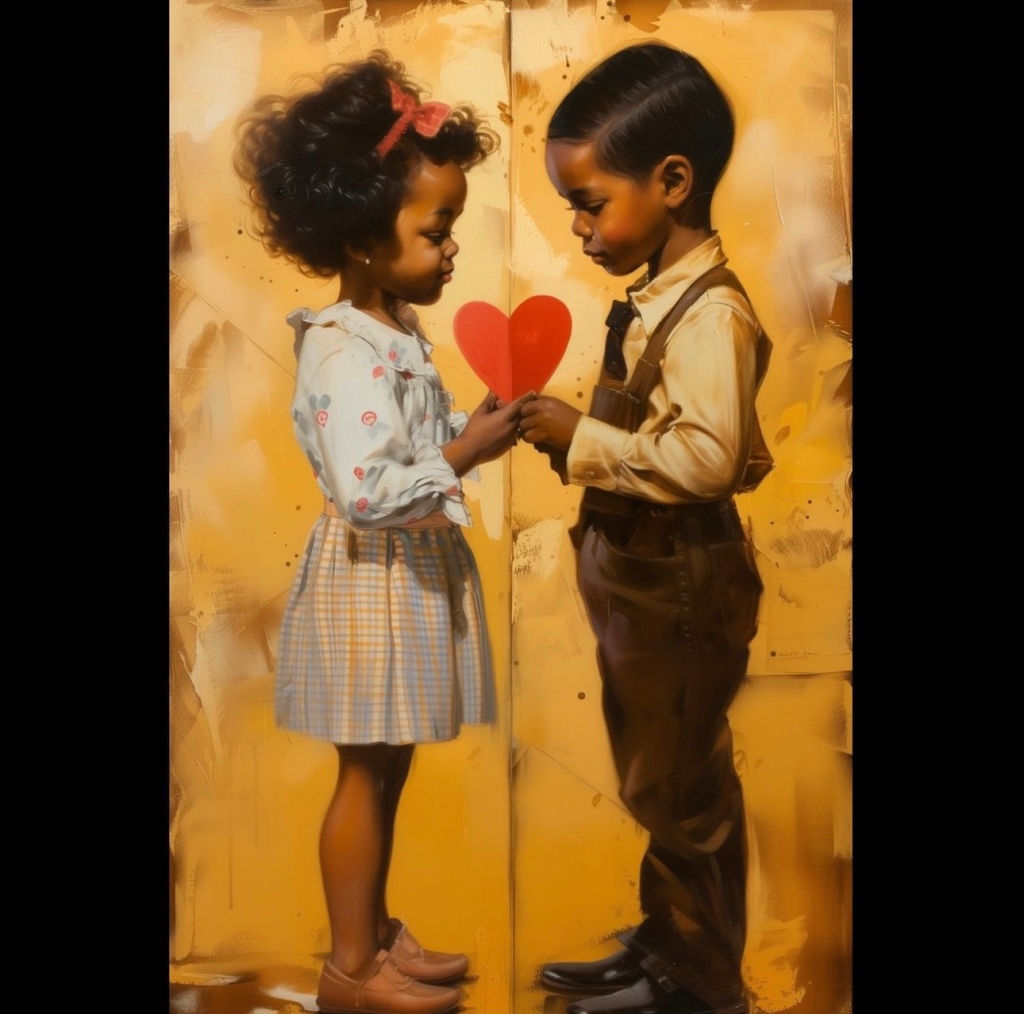
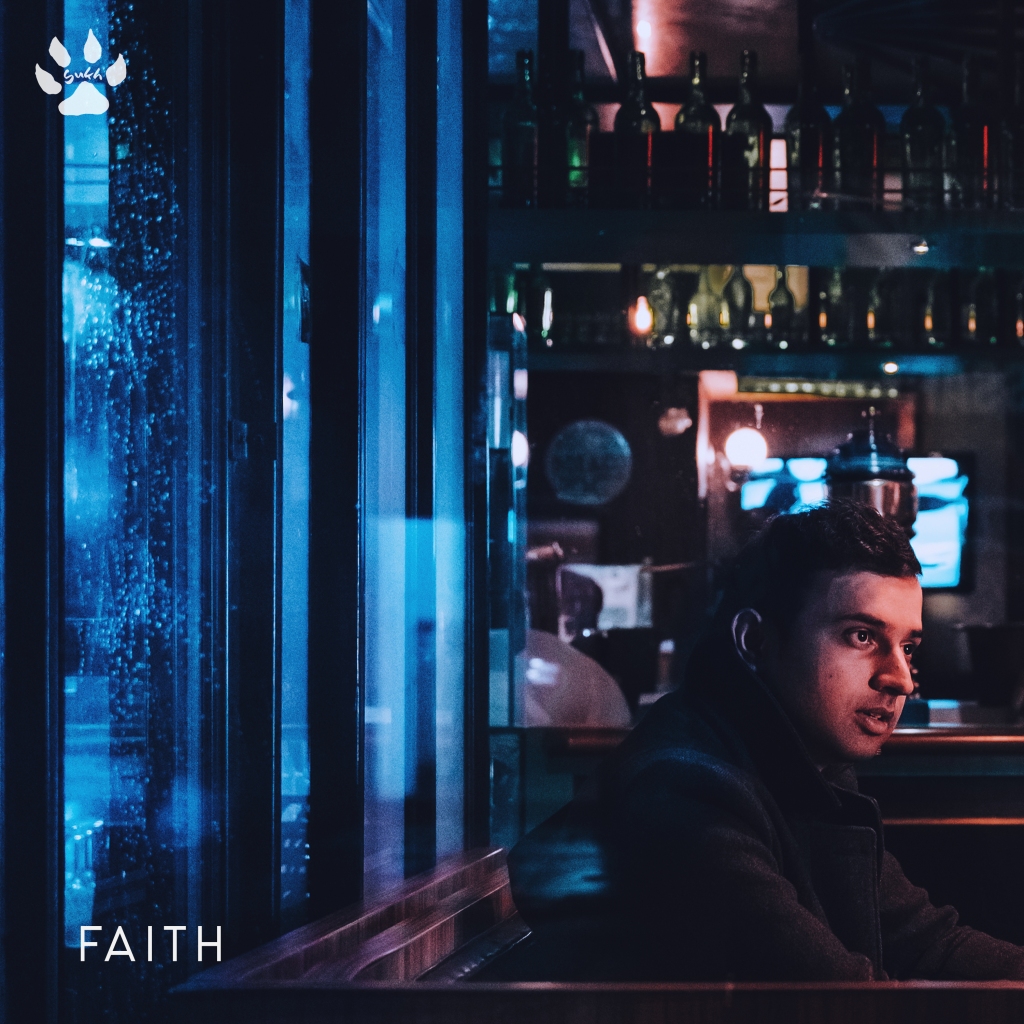
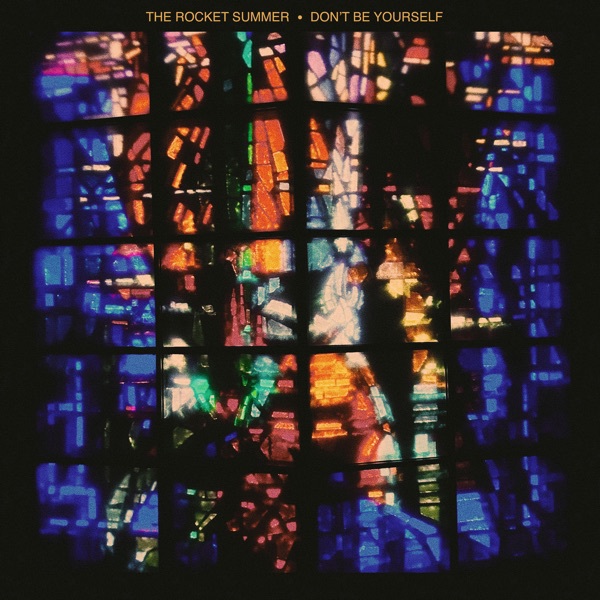
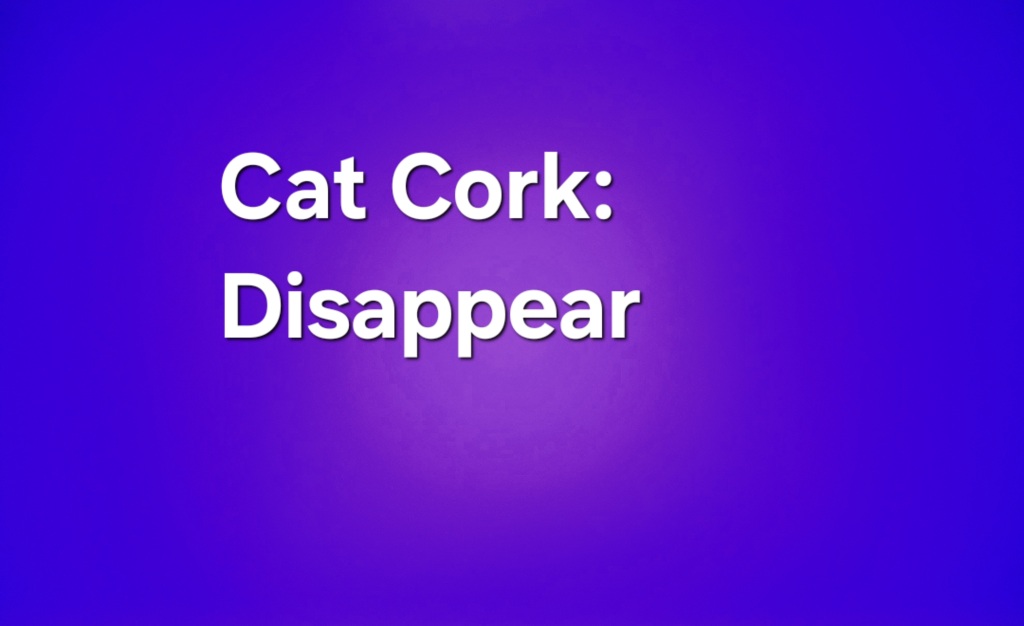
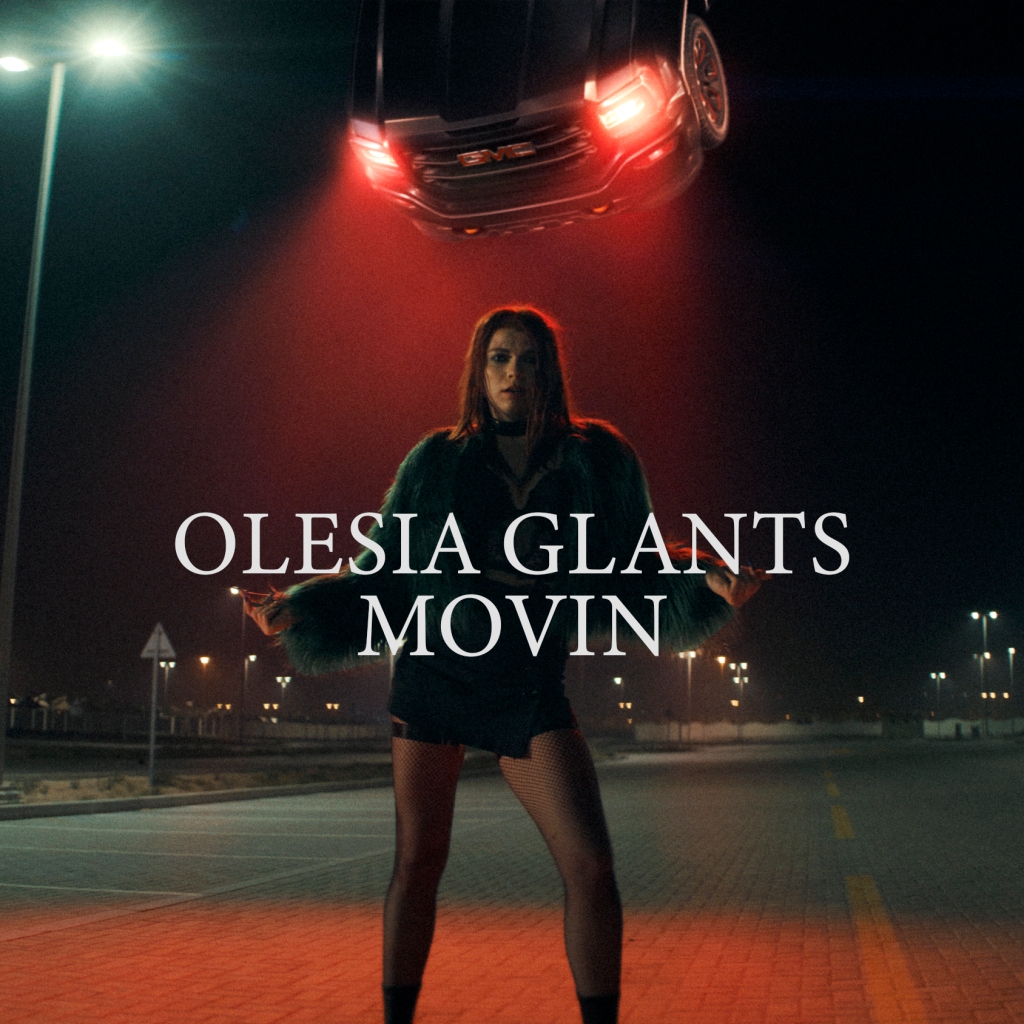
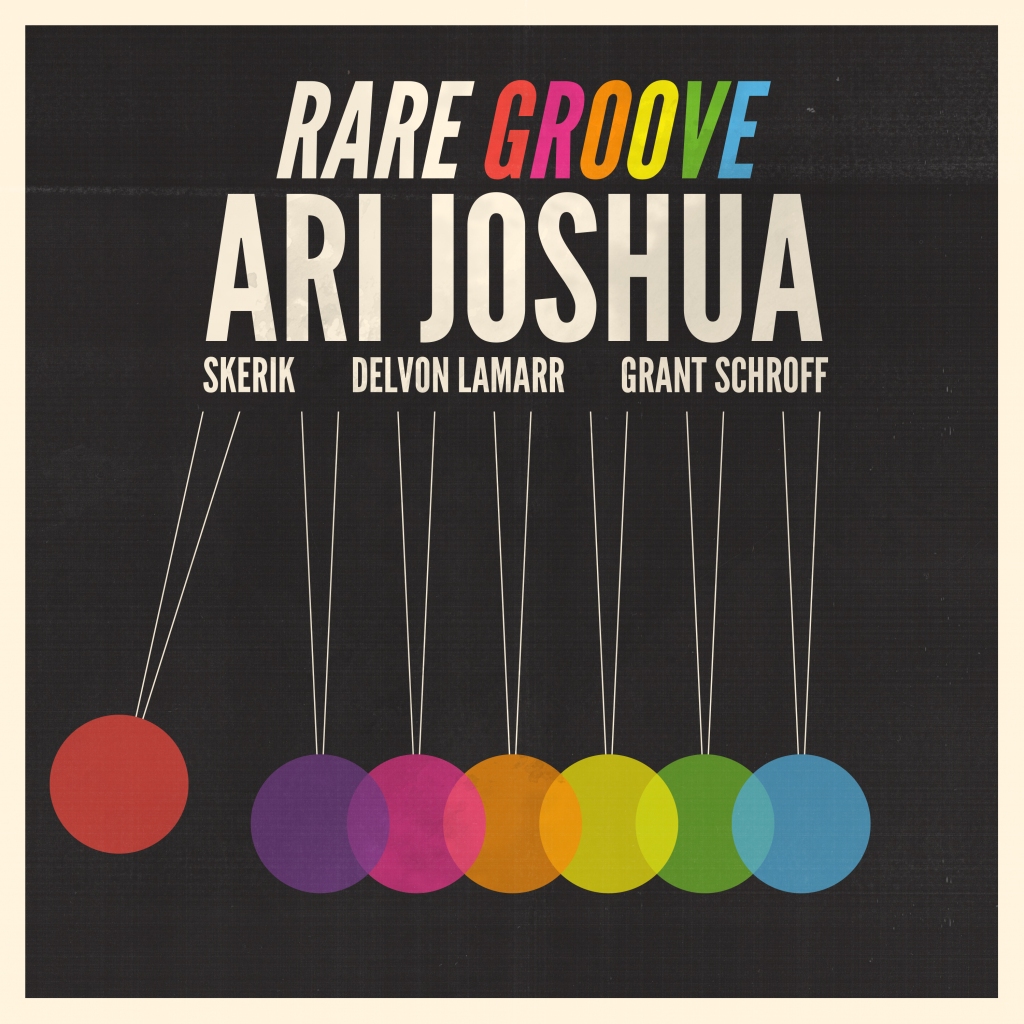

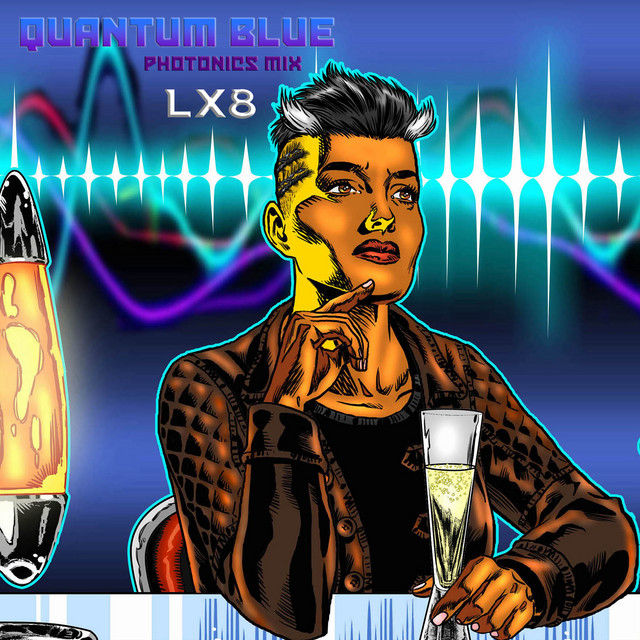
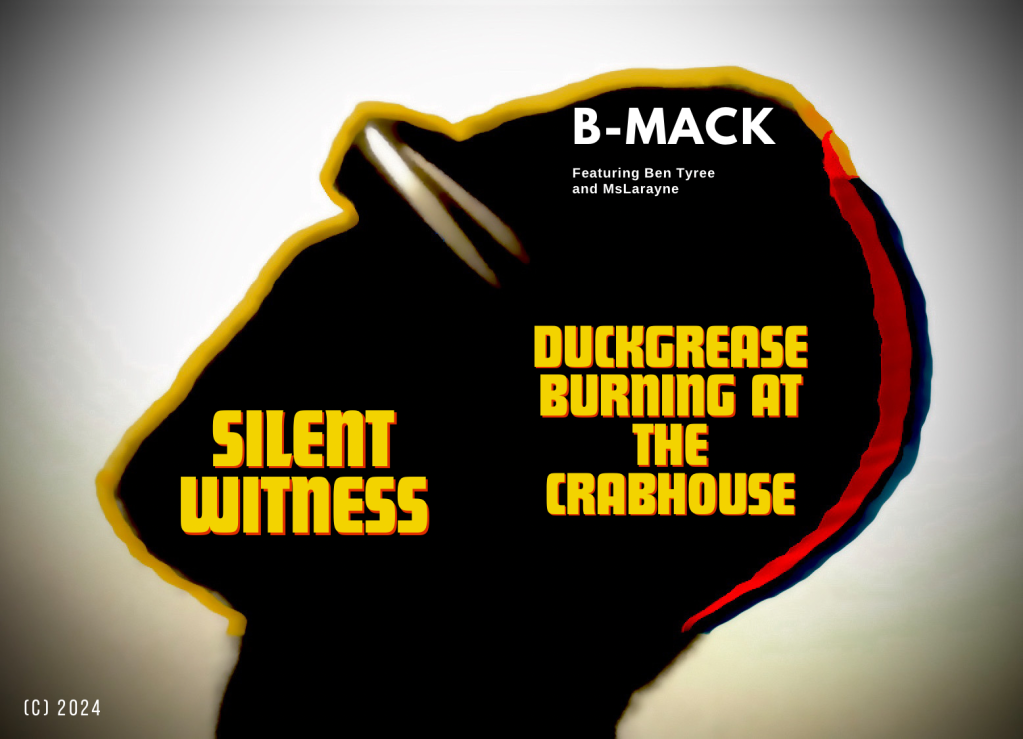
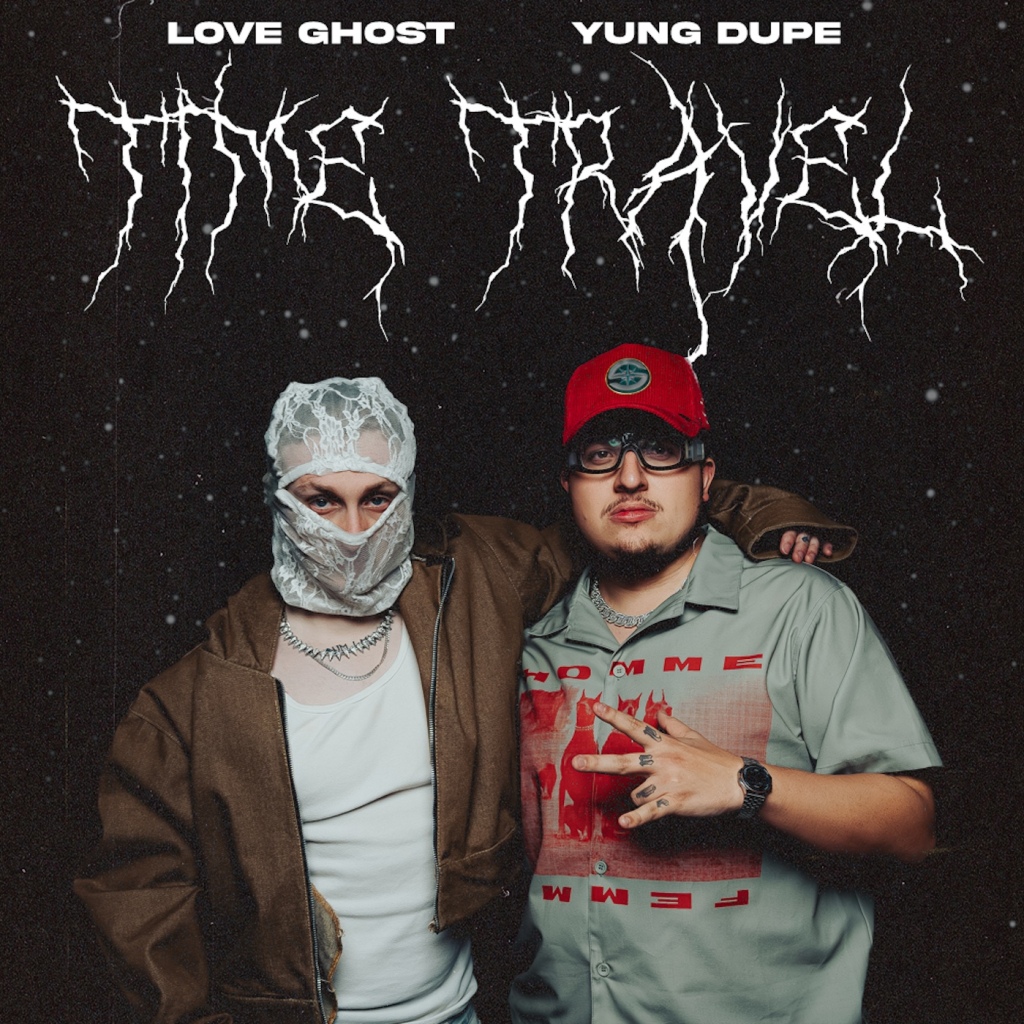


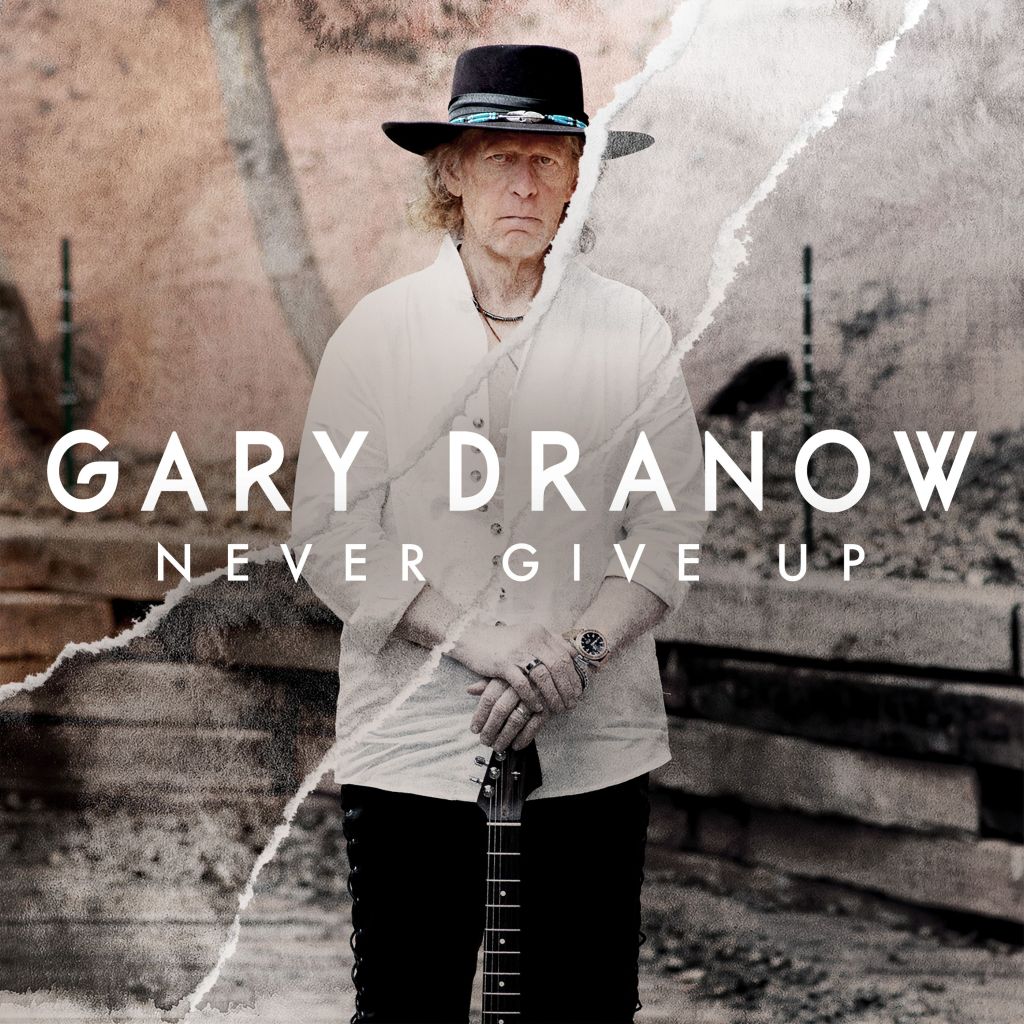

Leave a comment